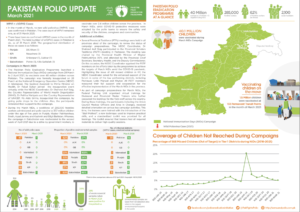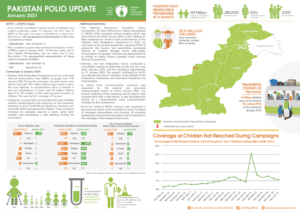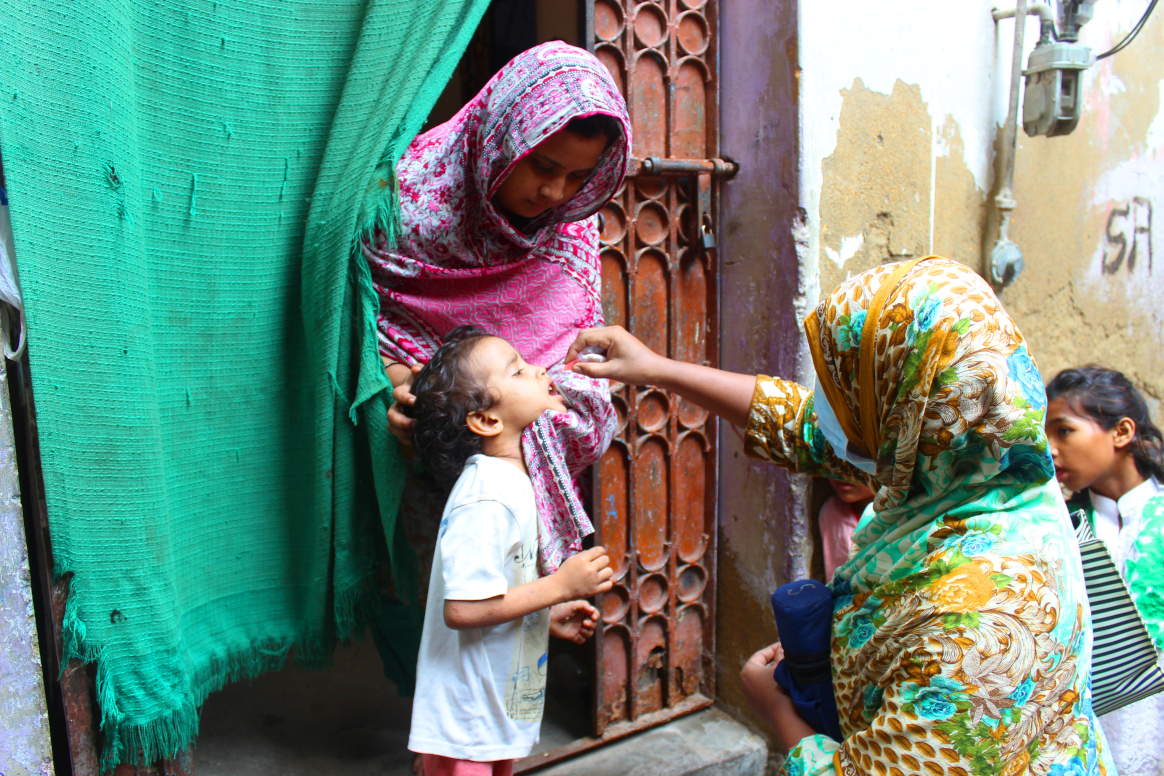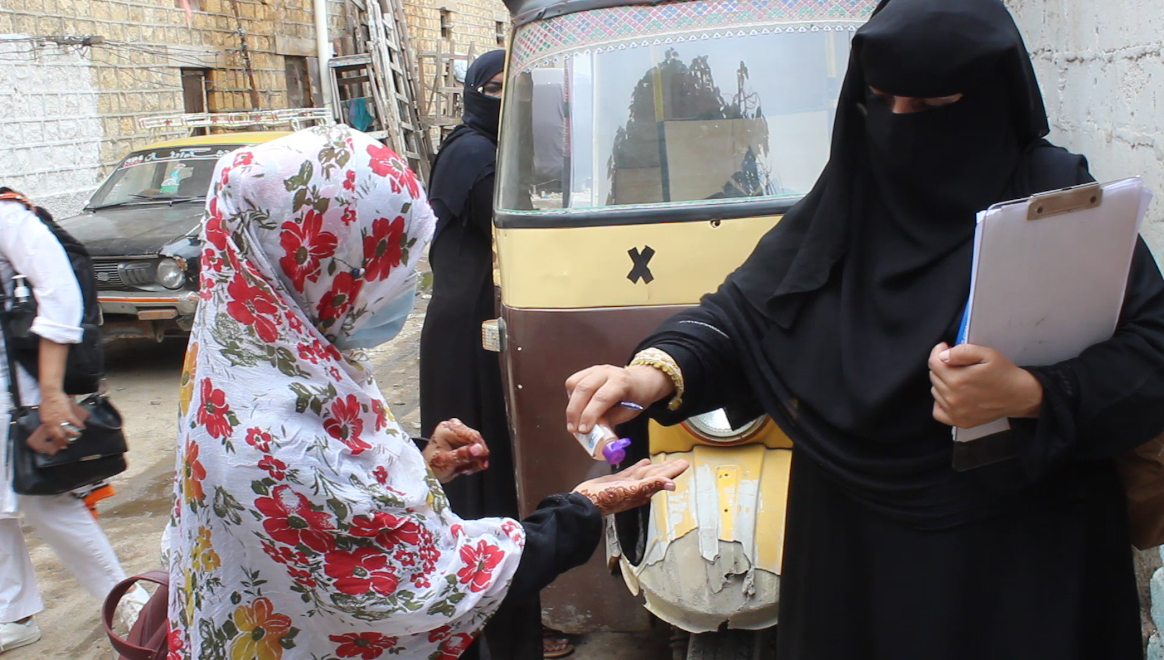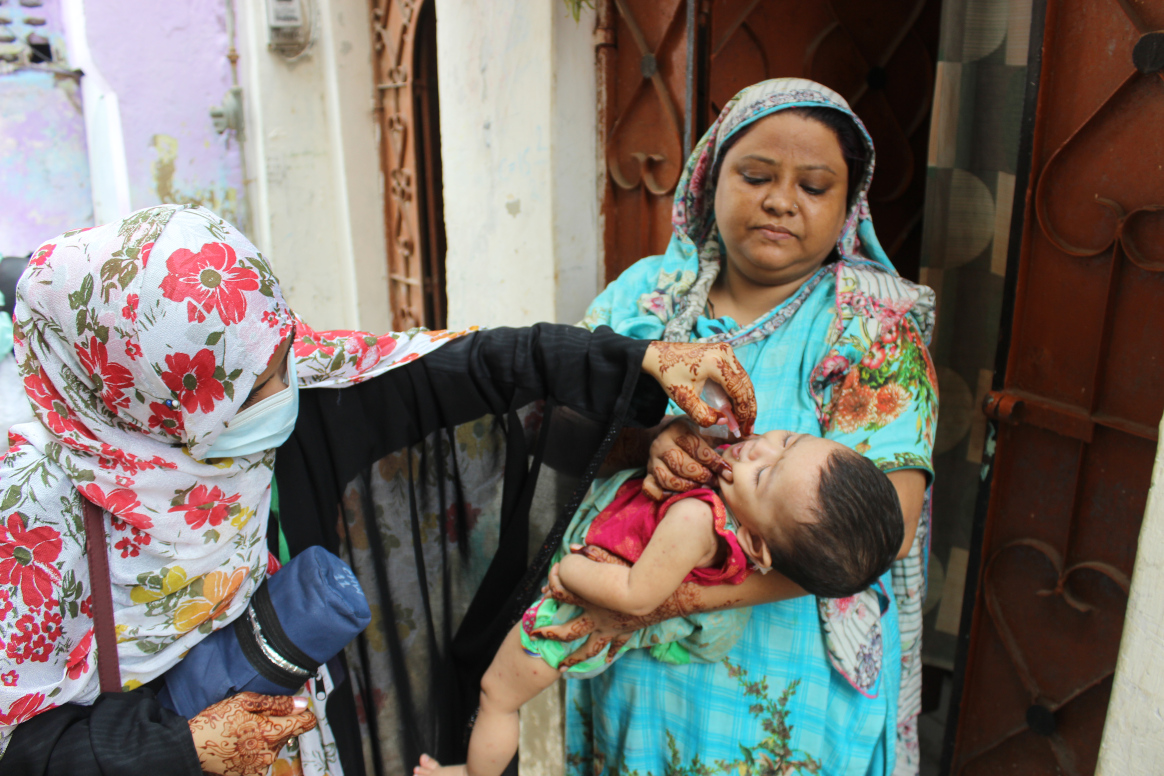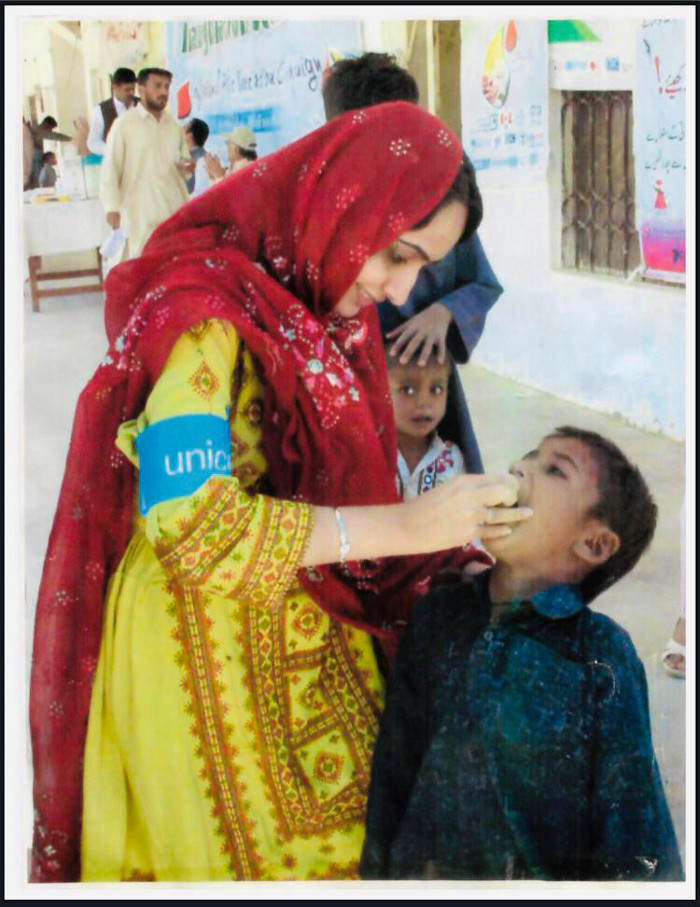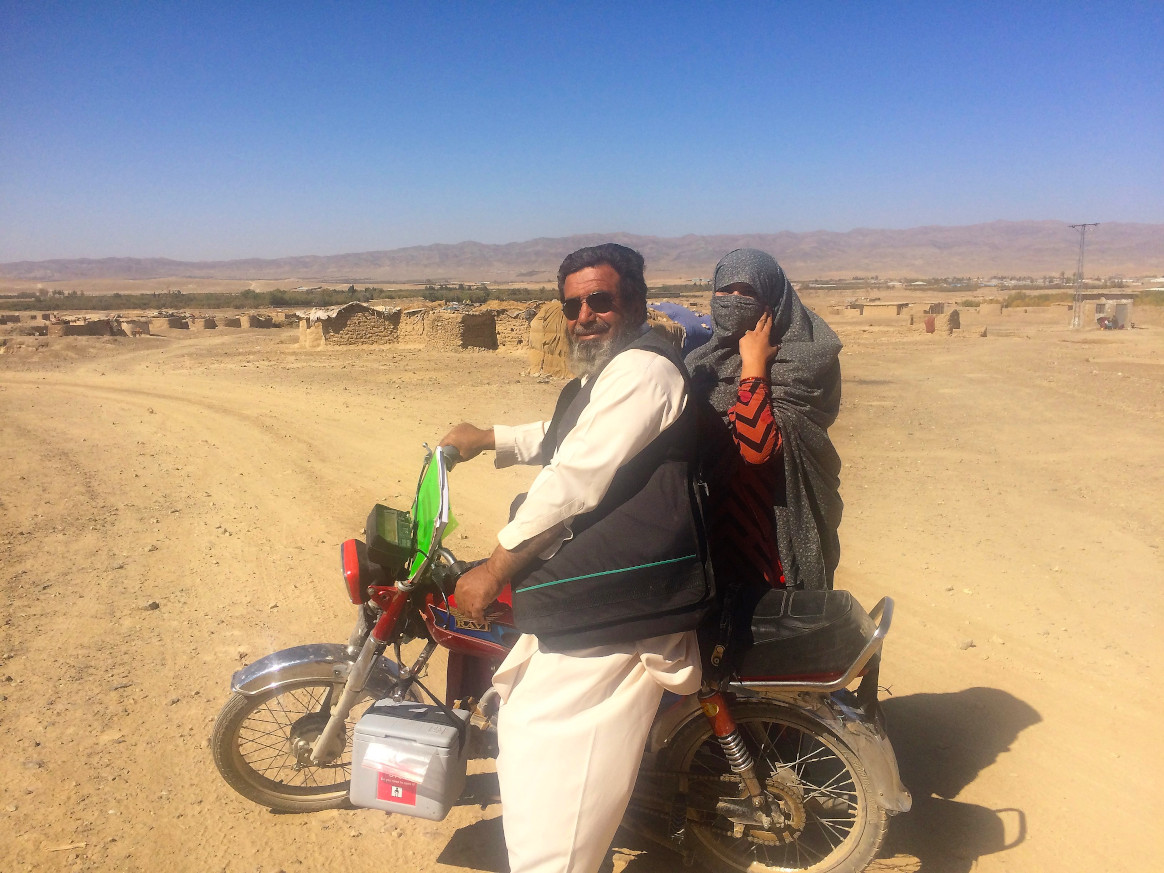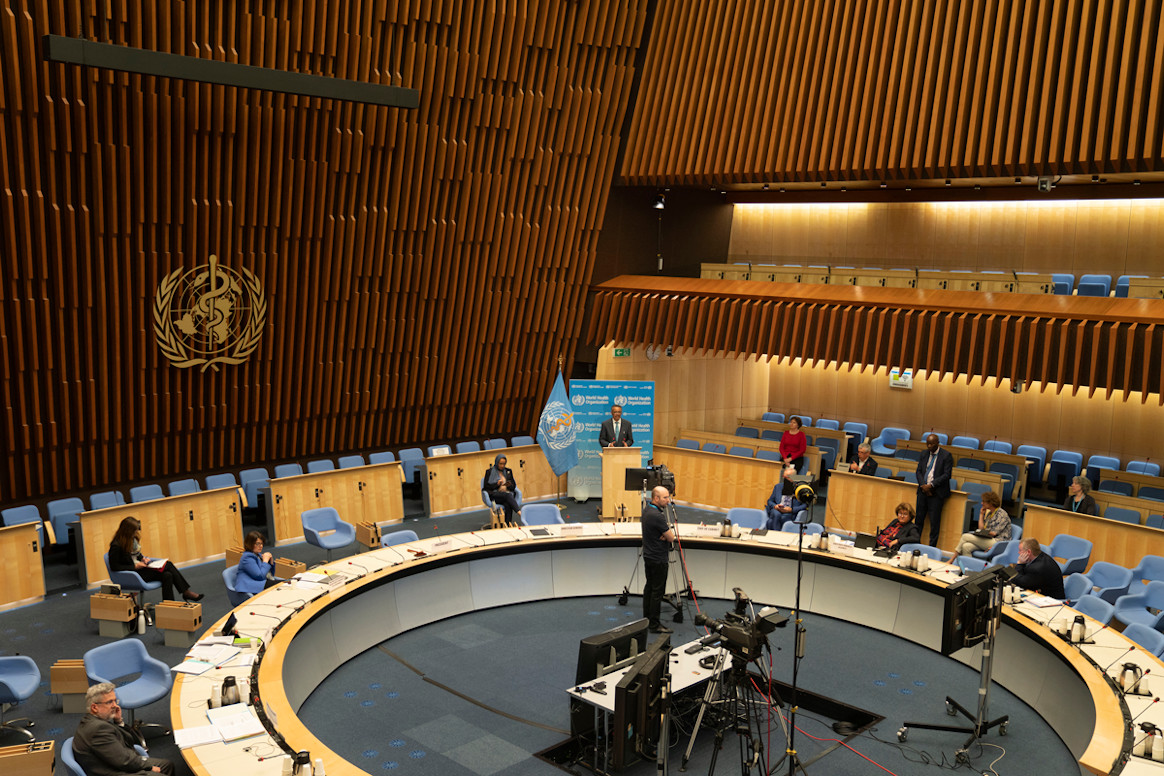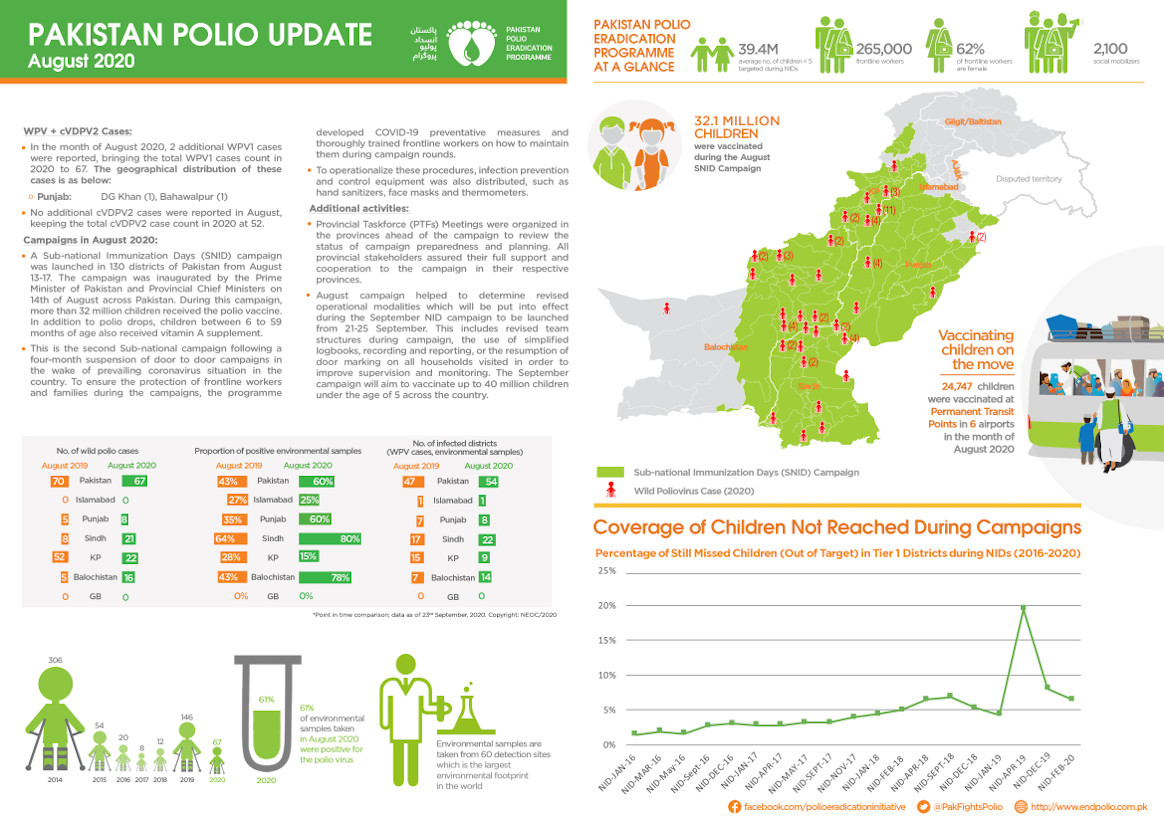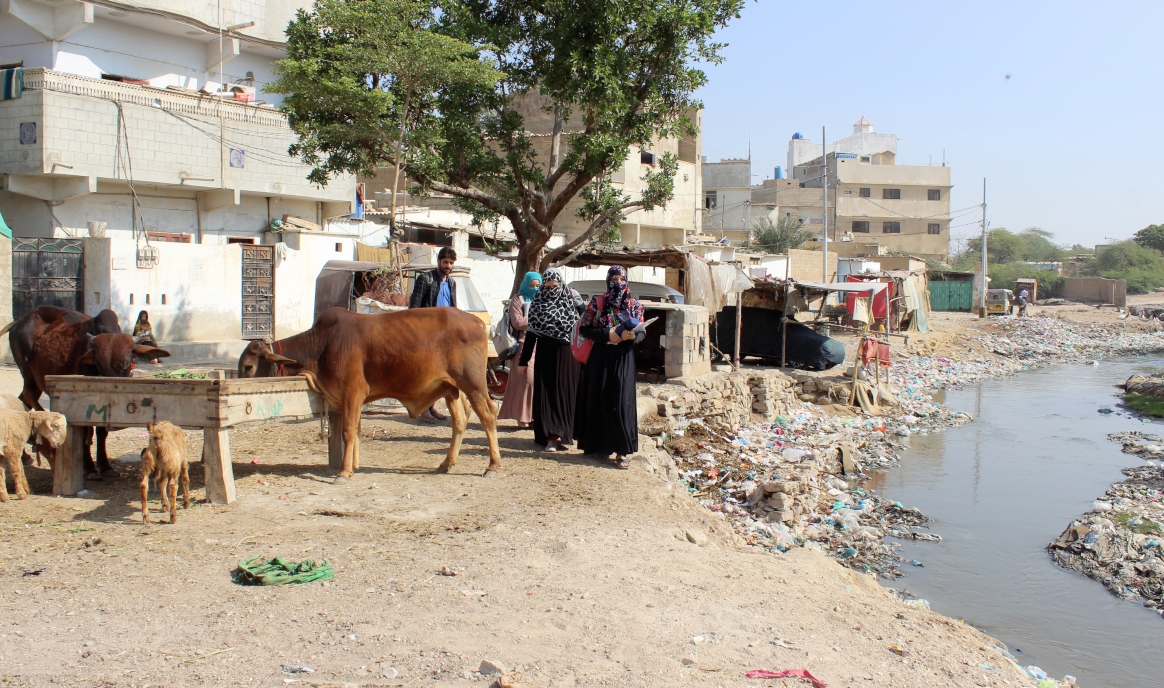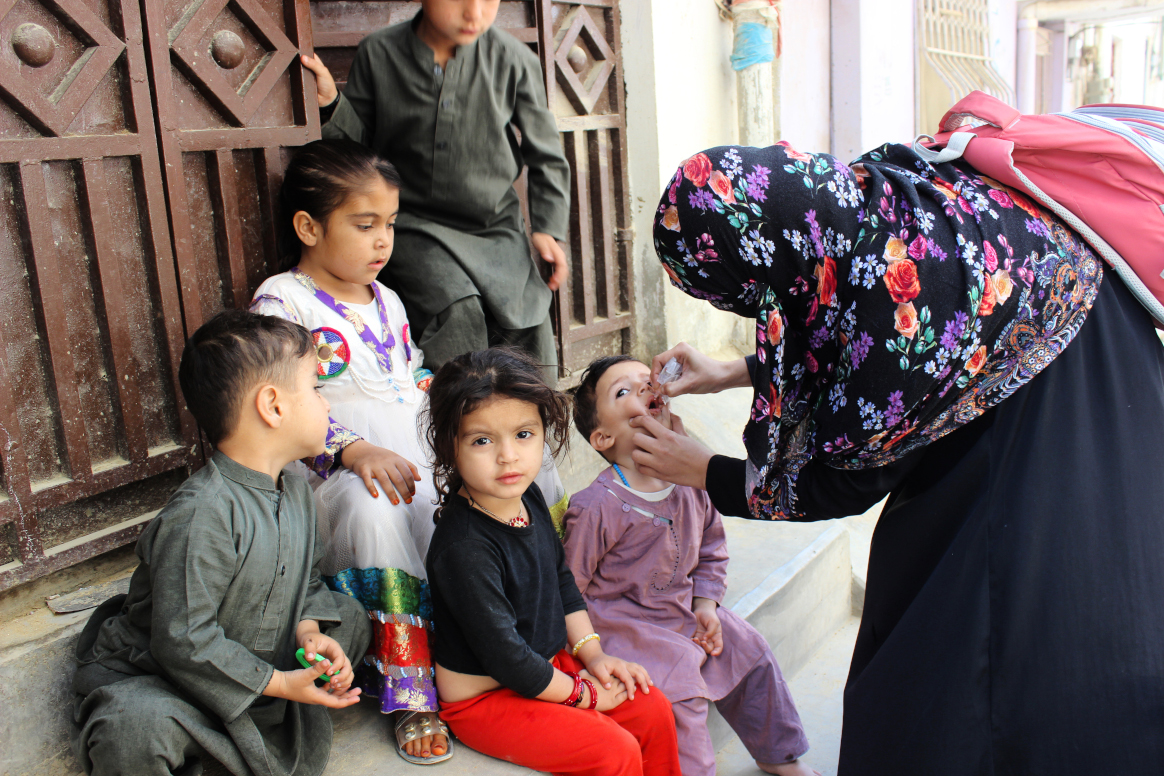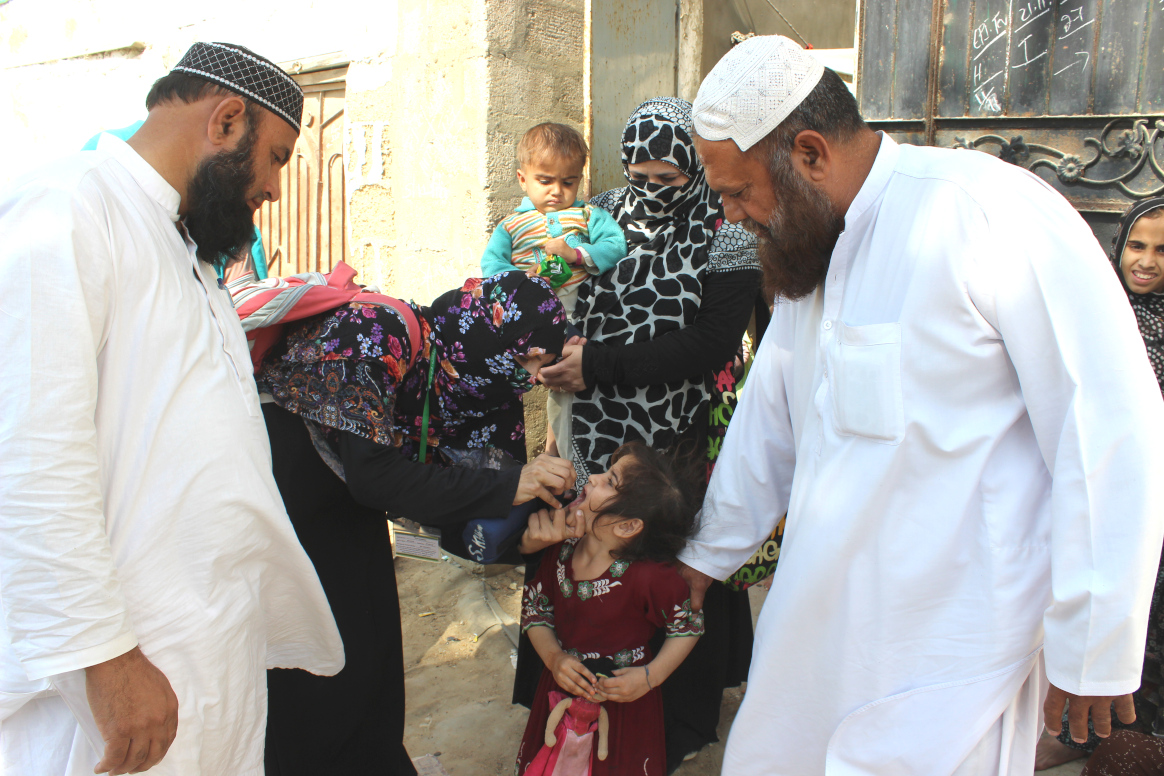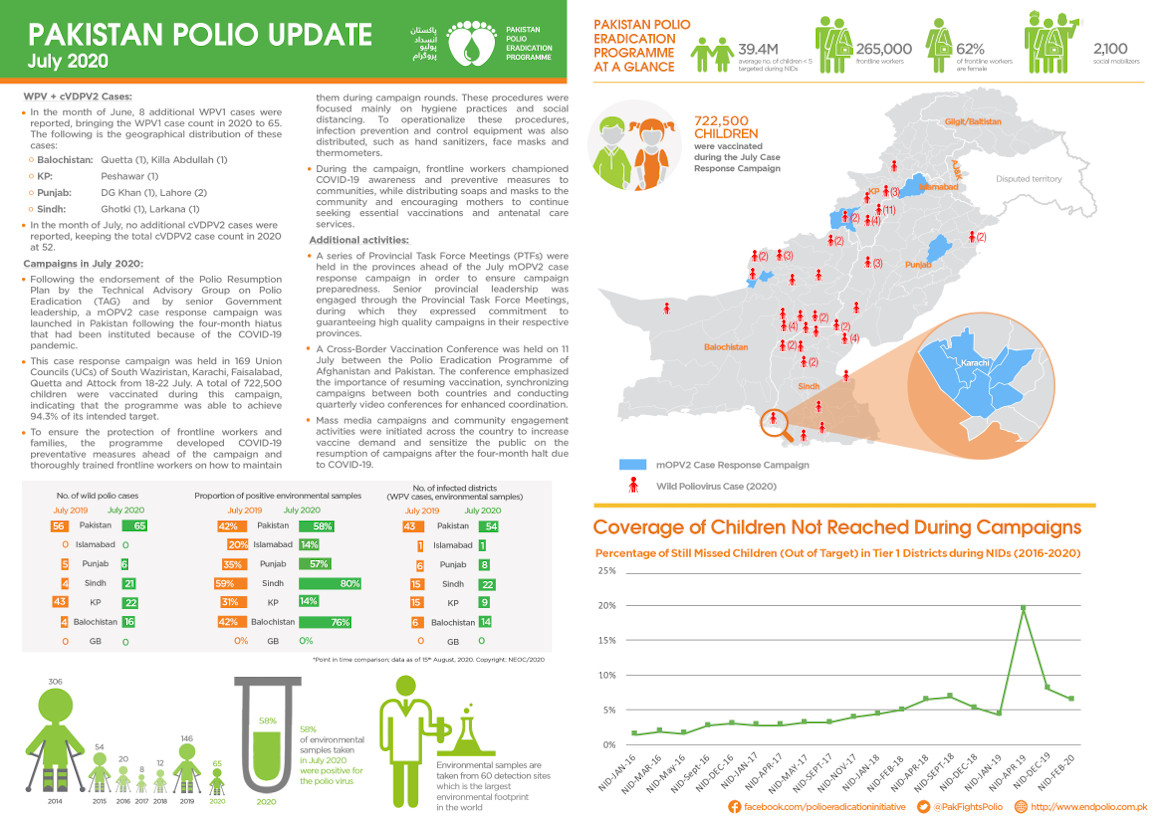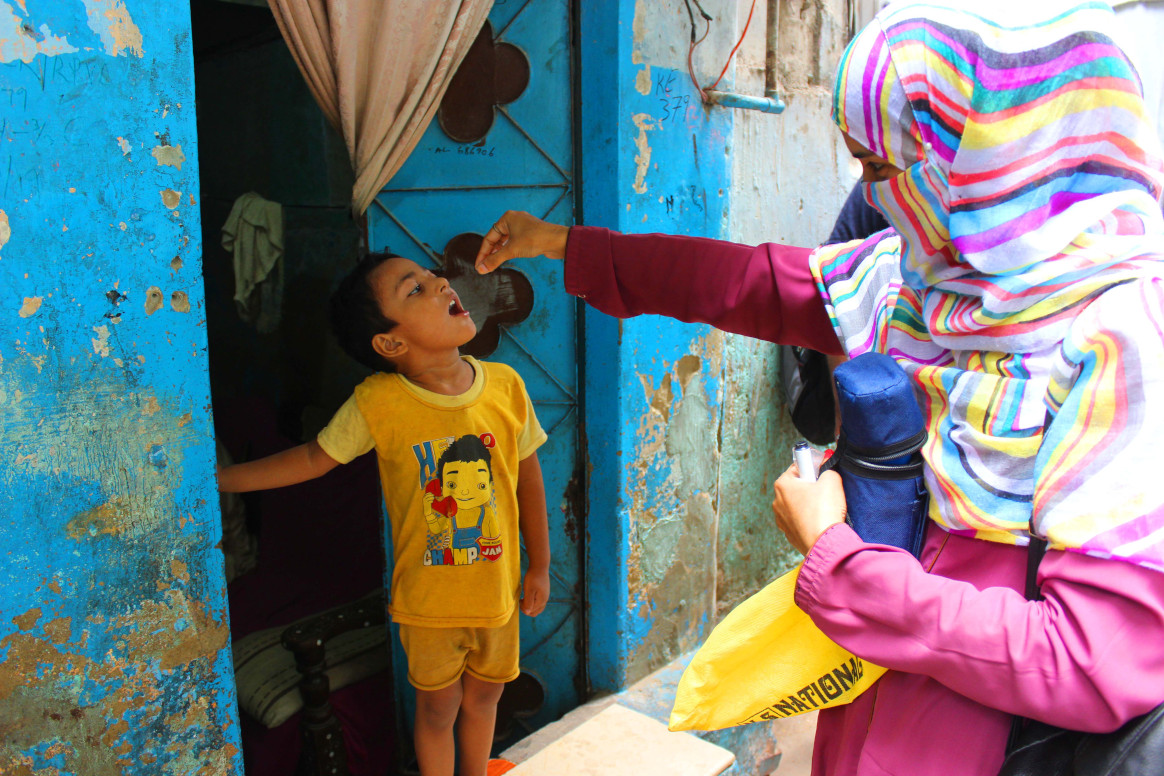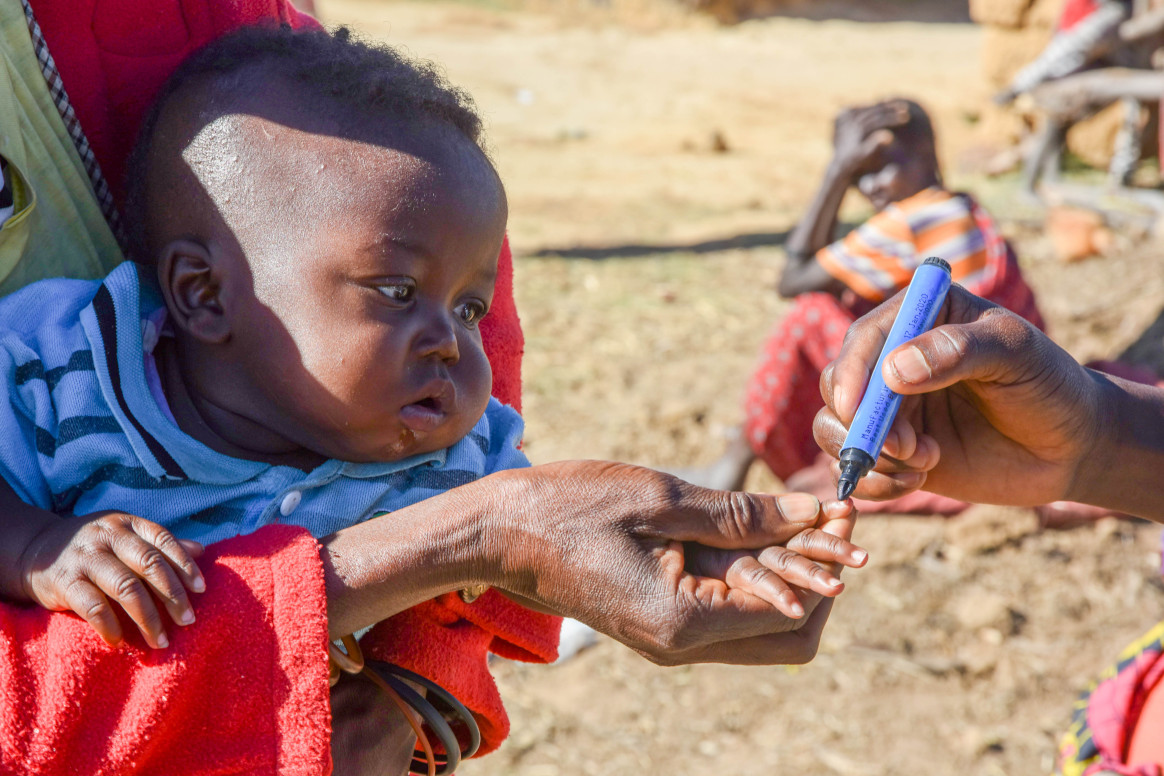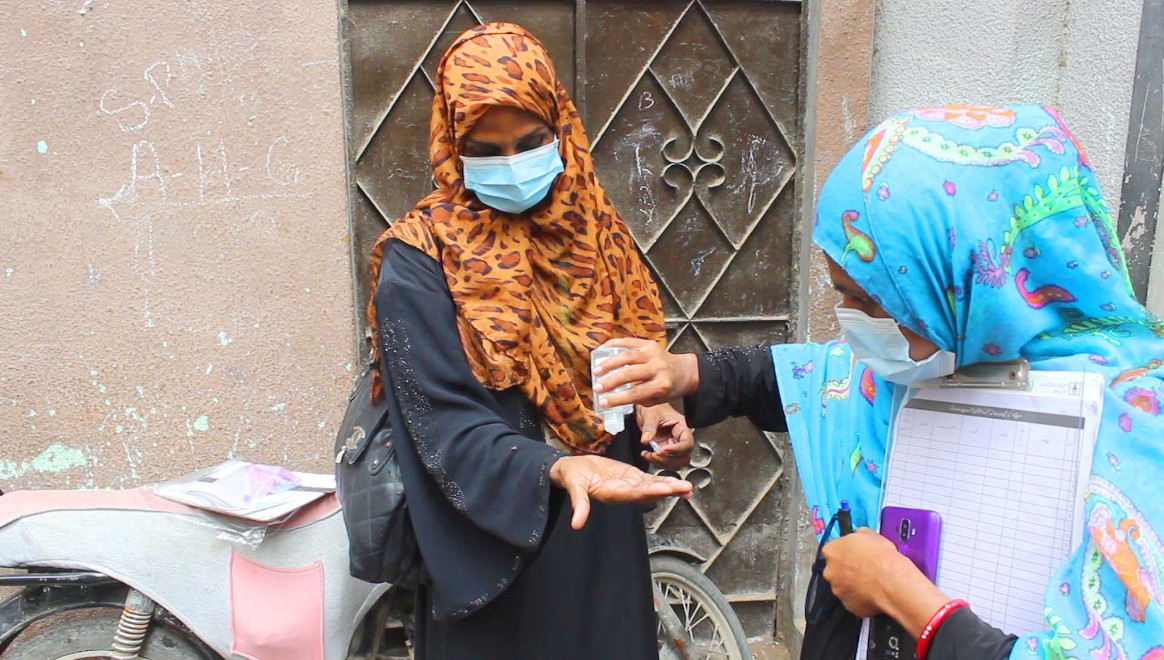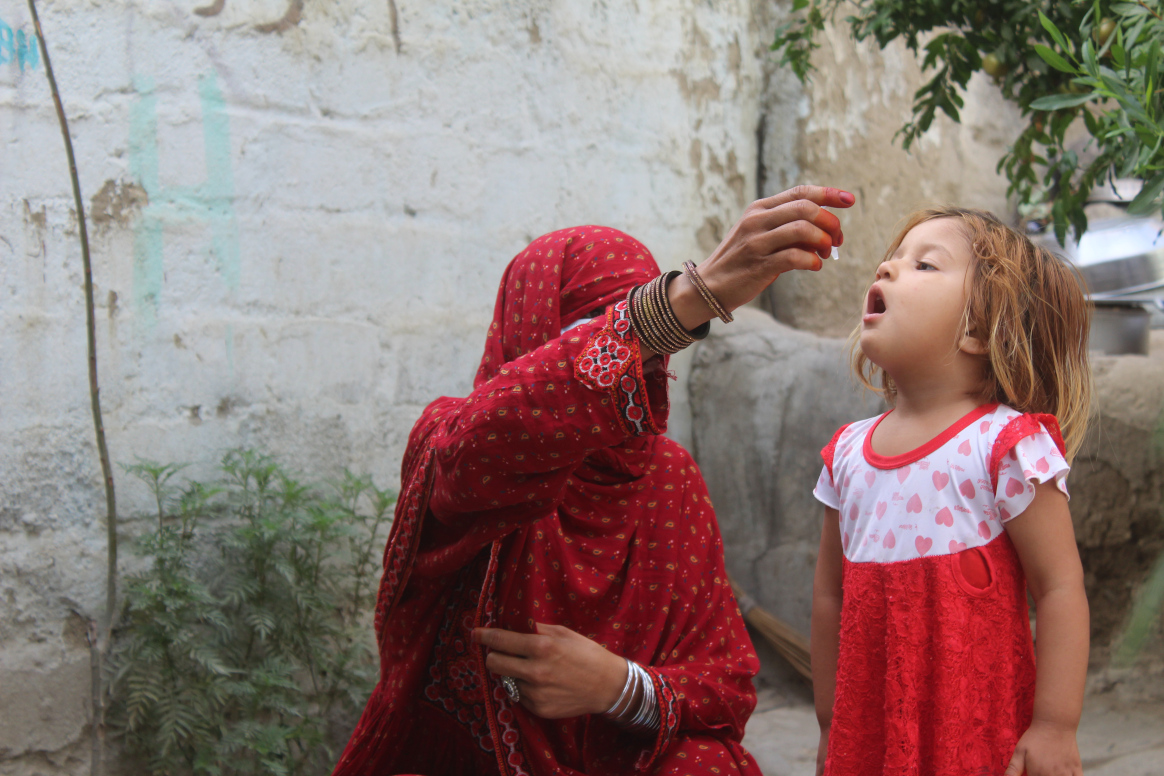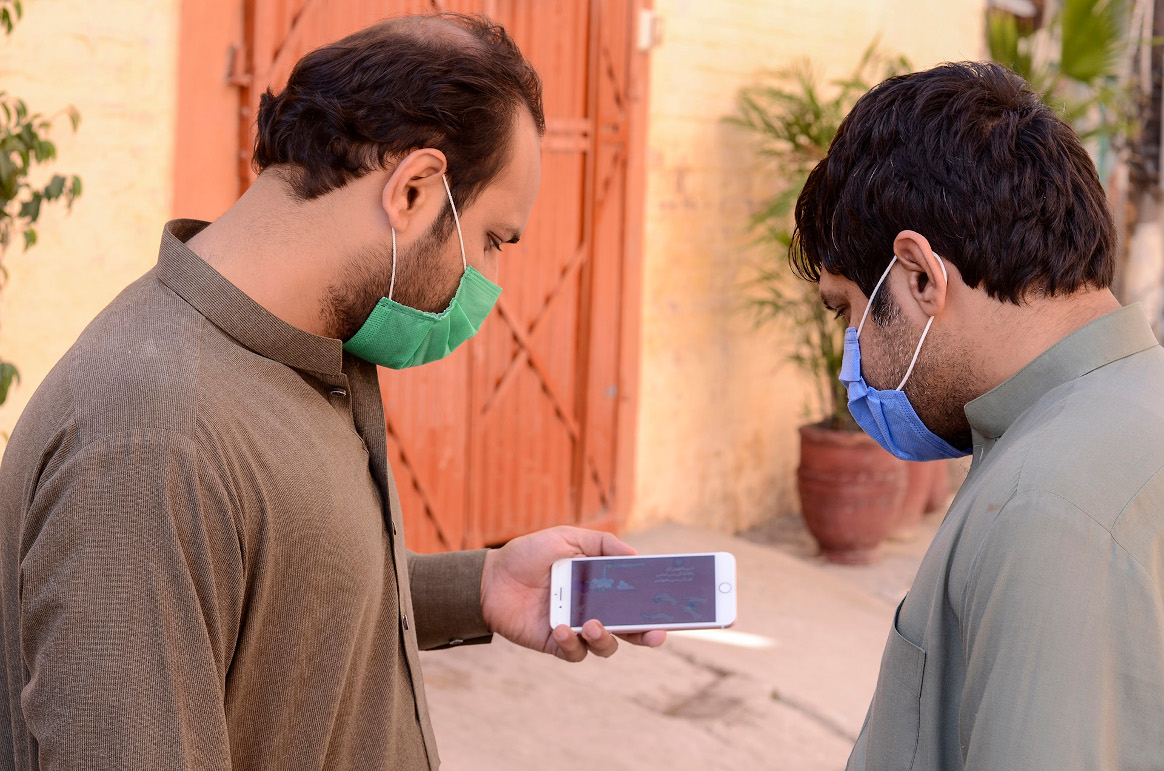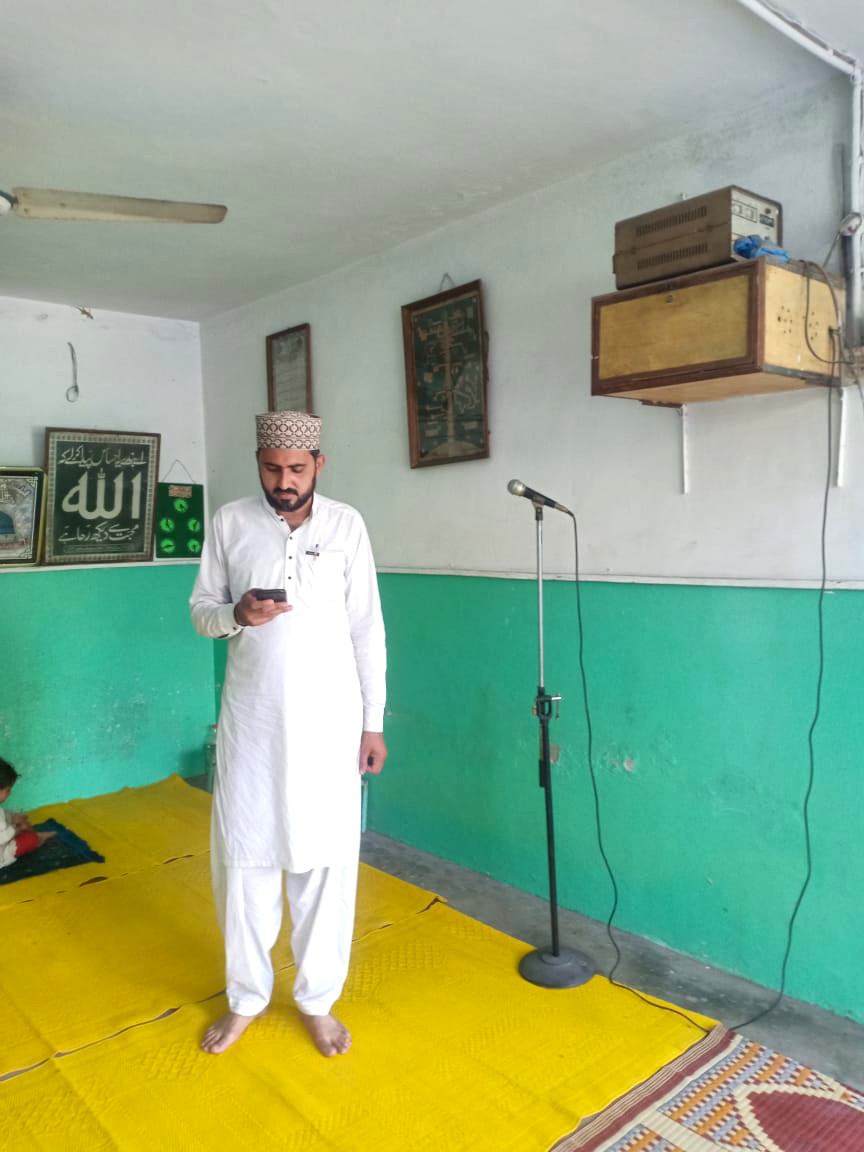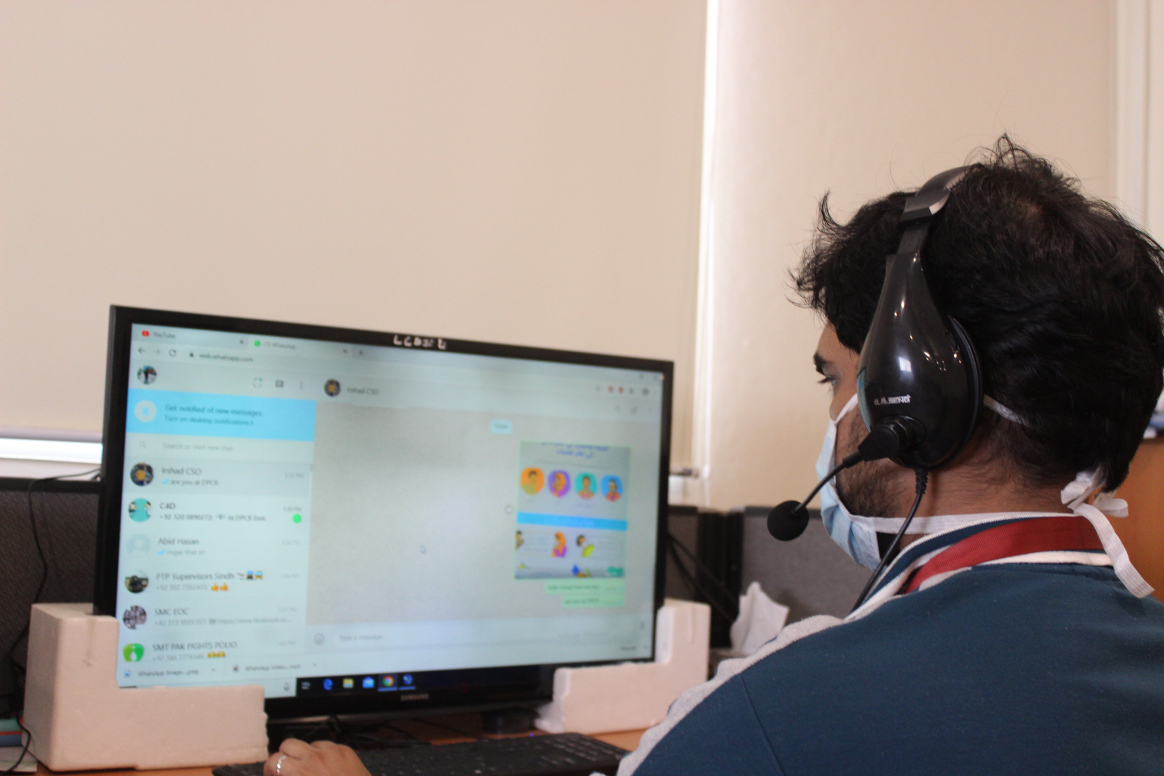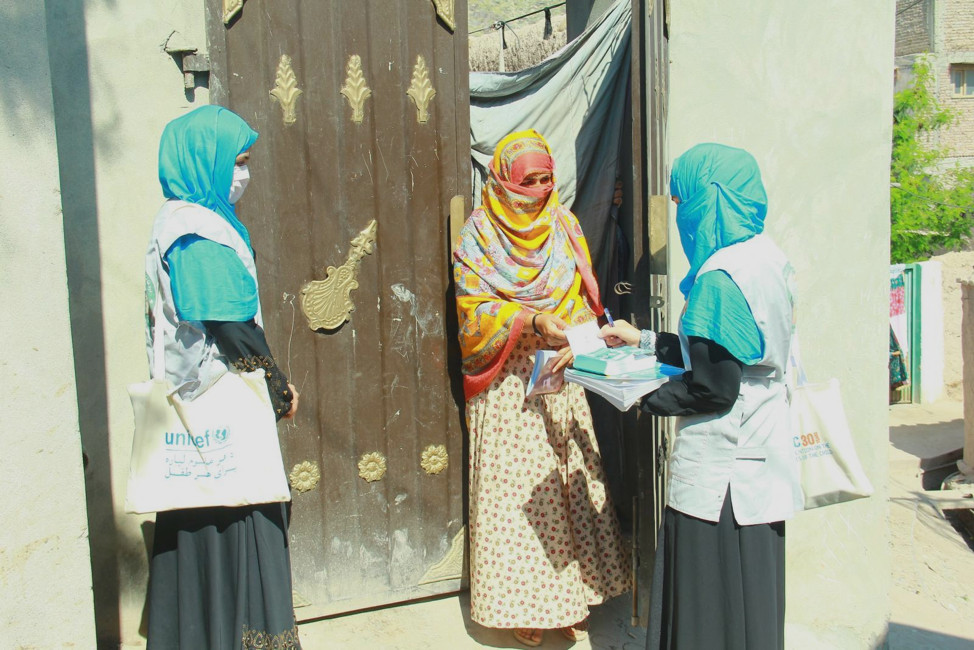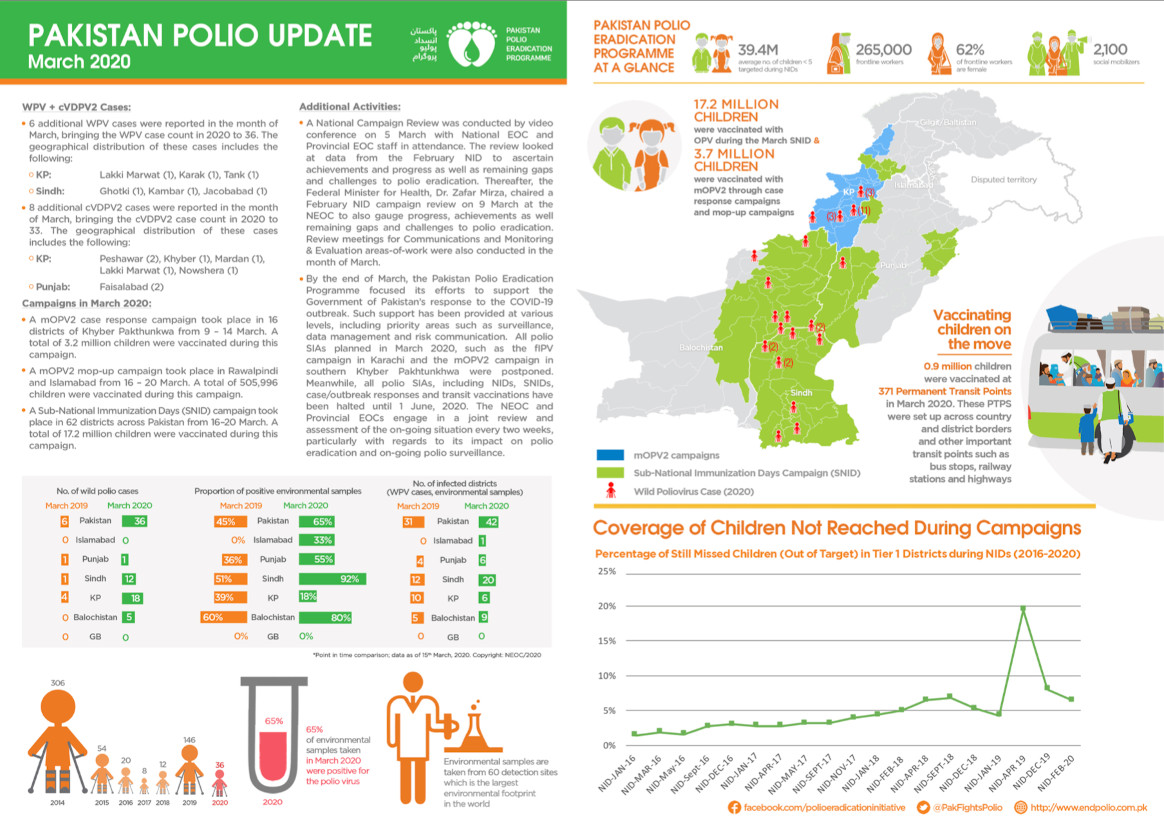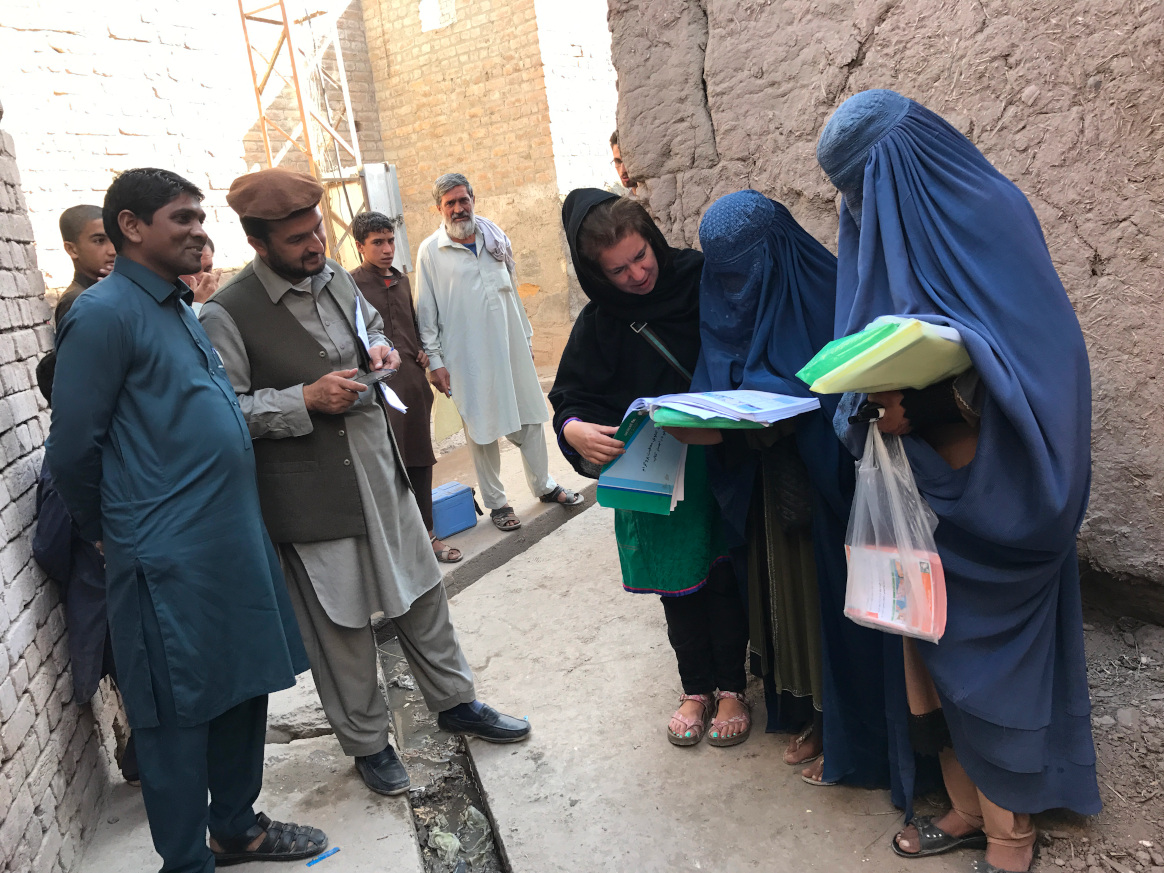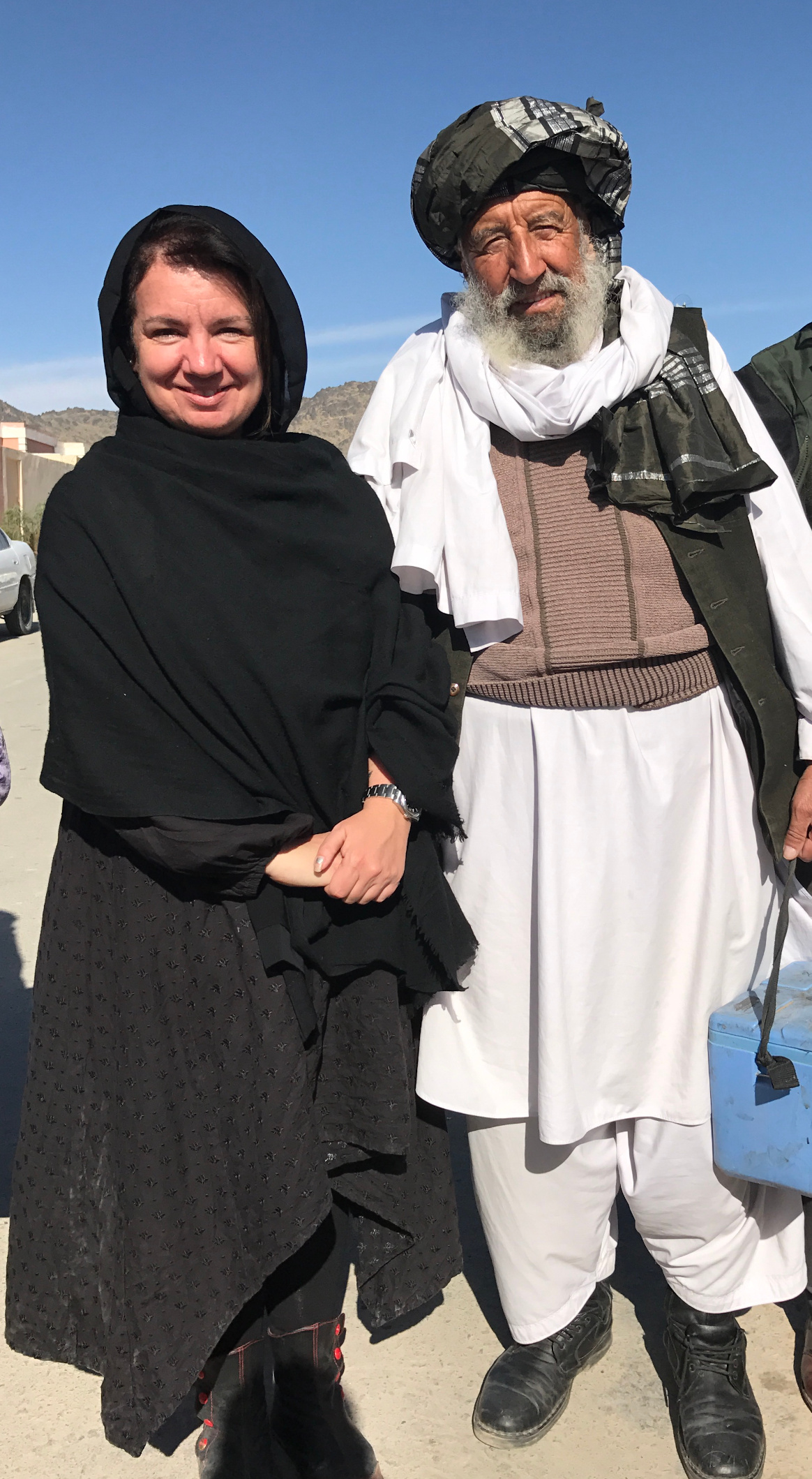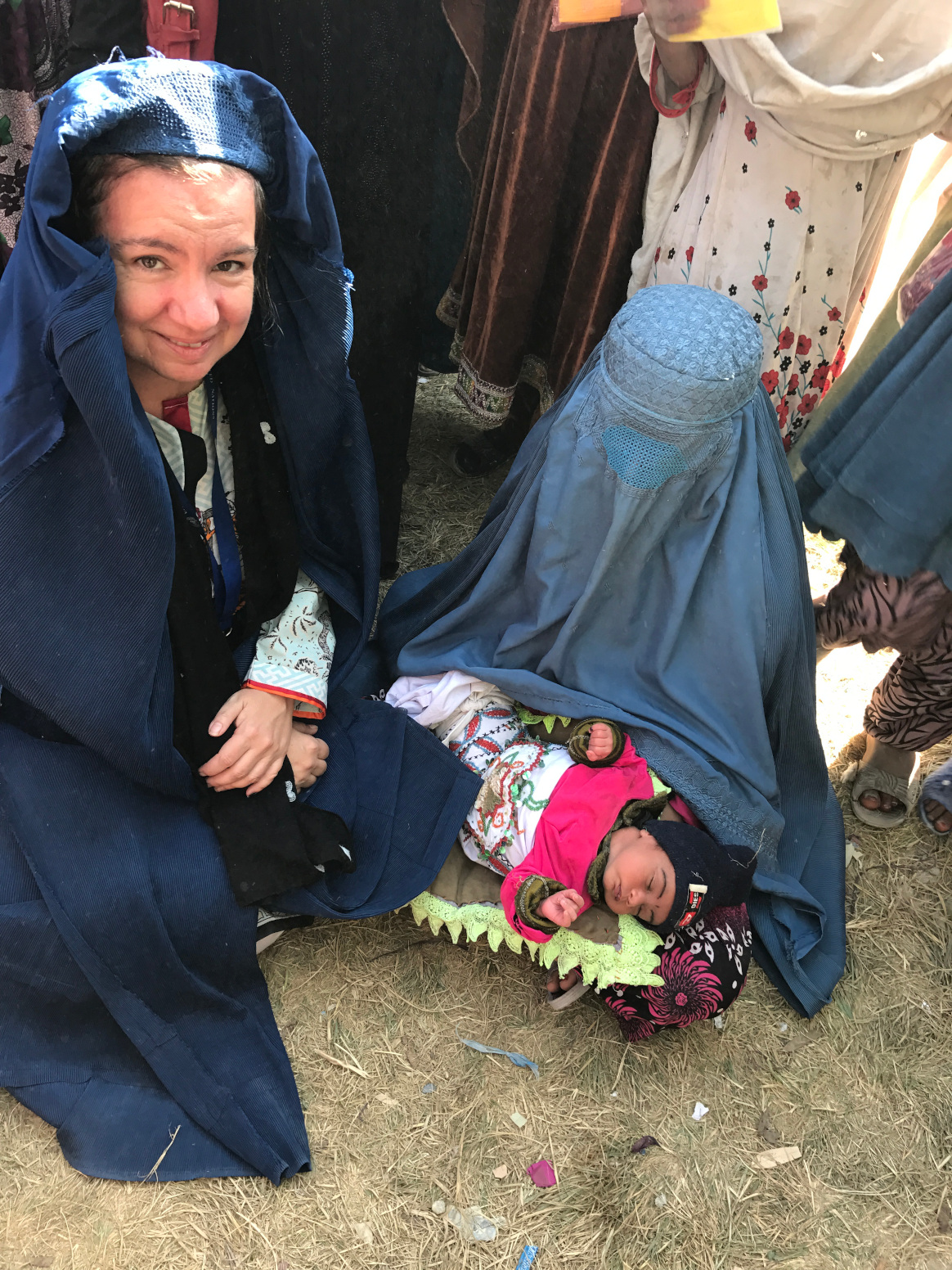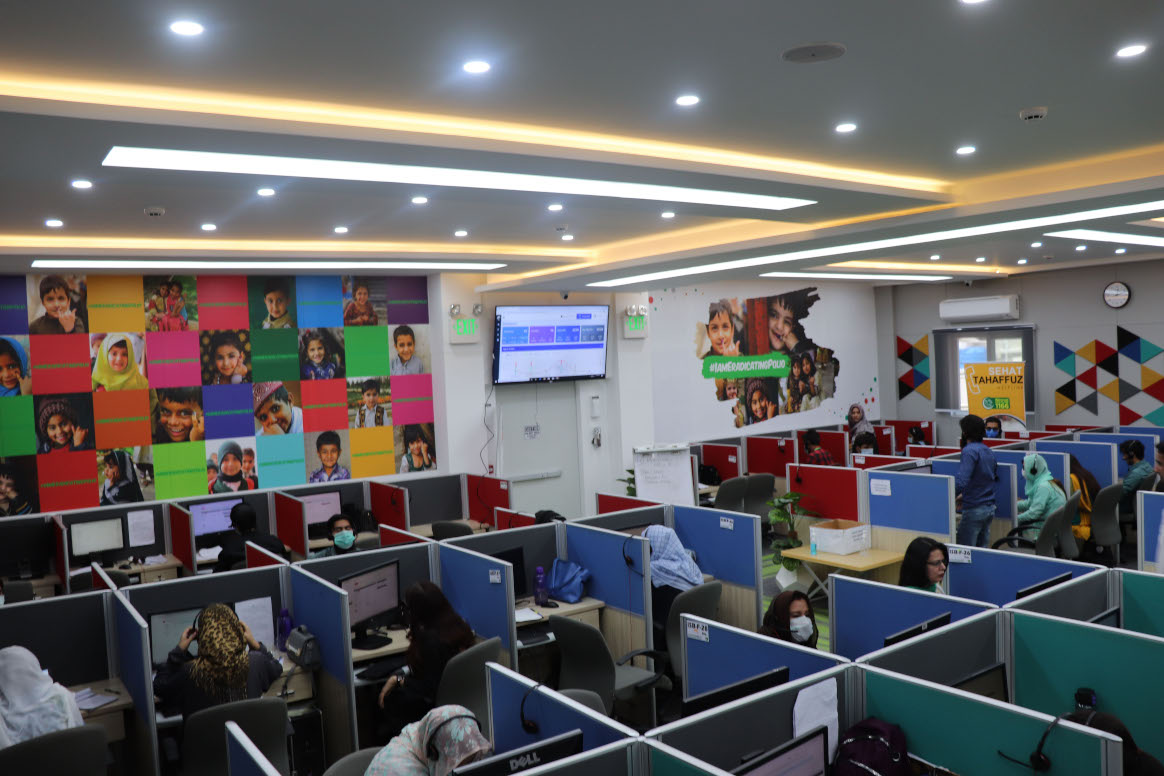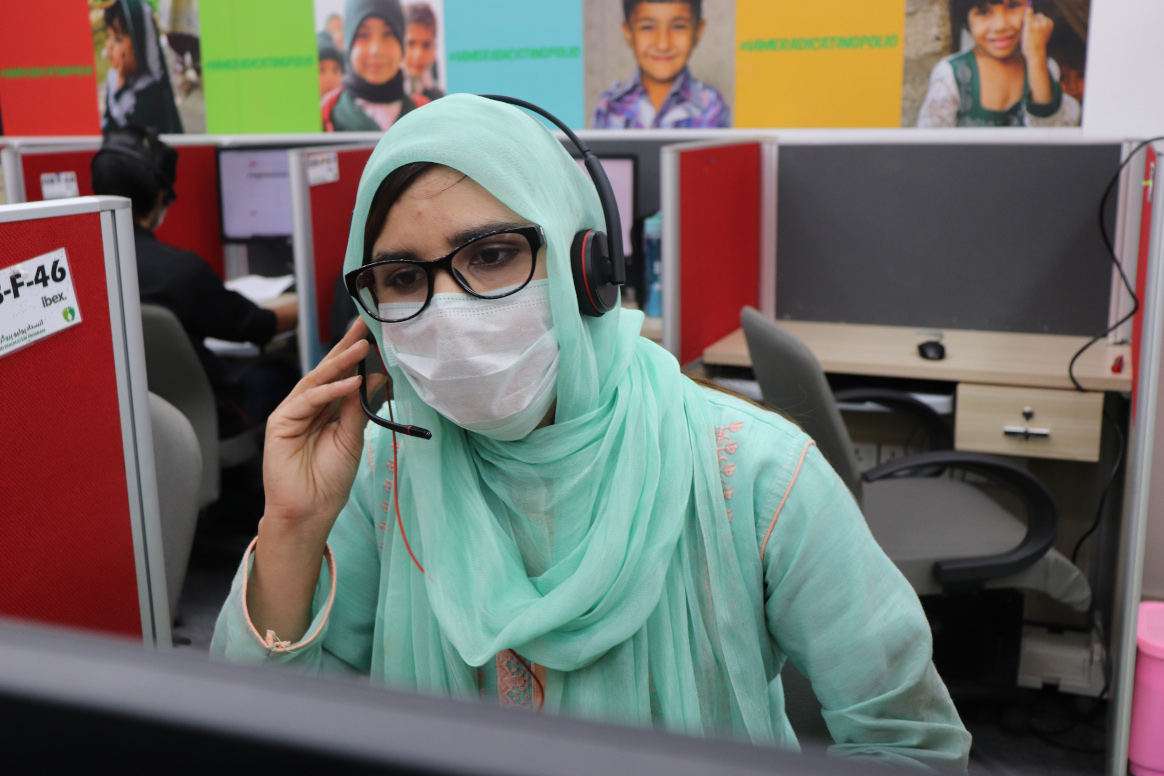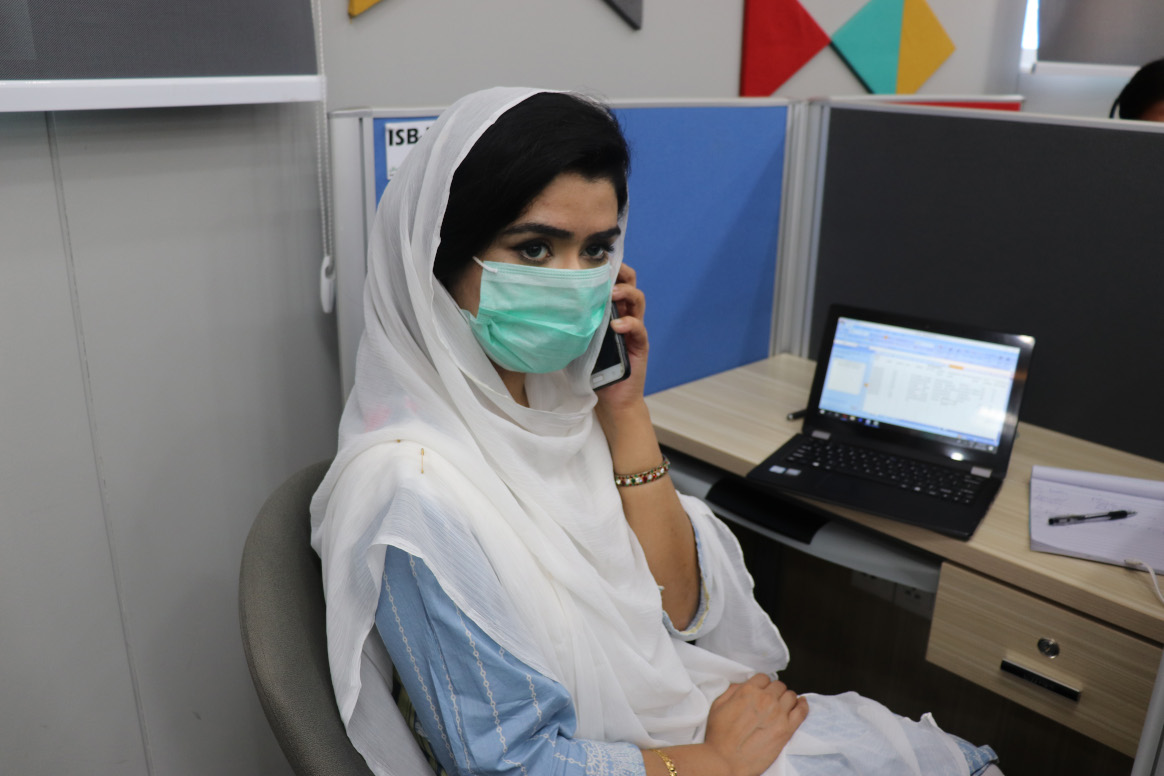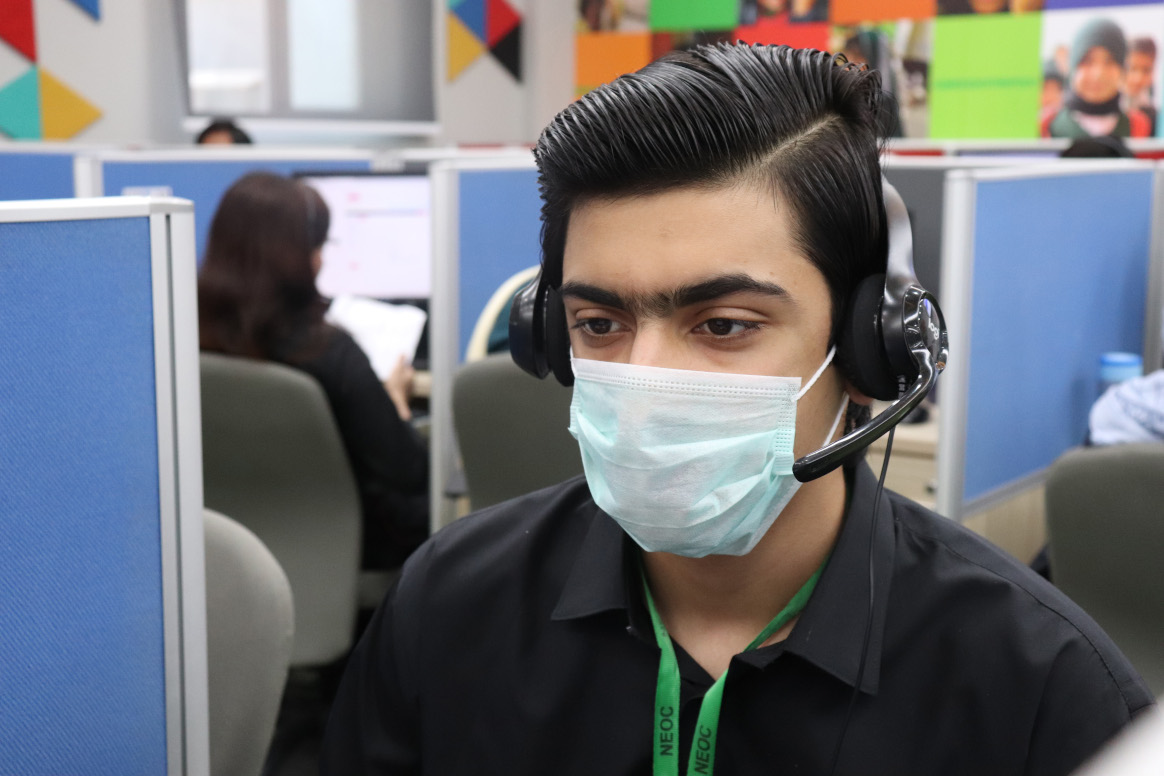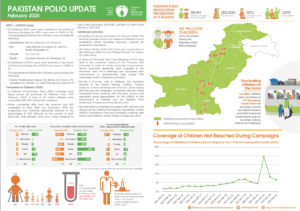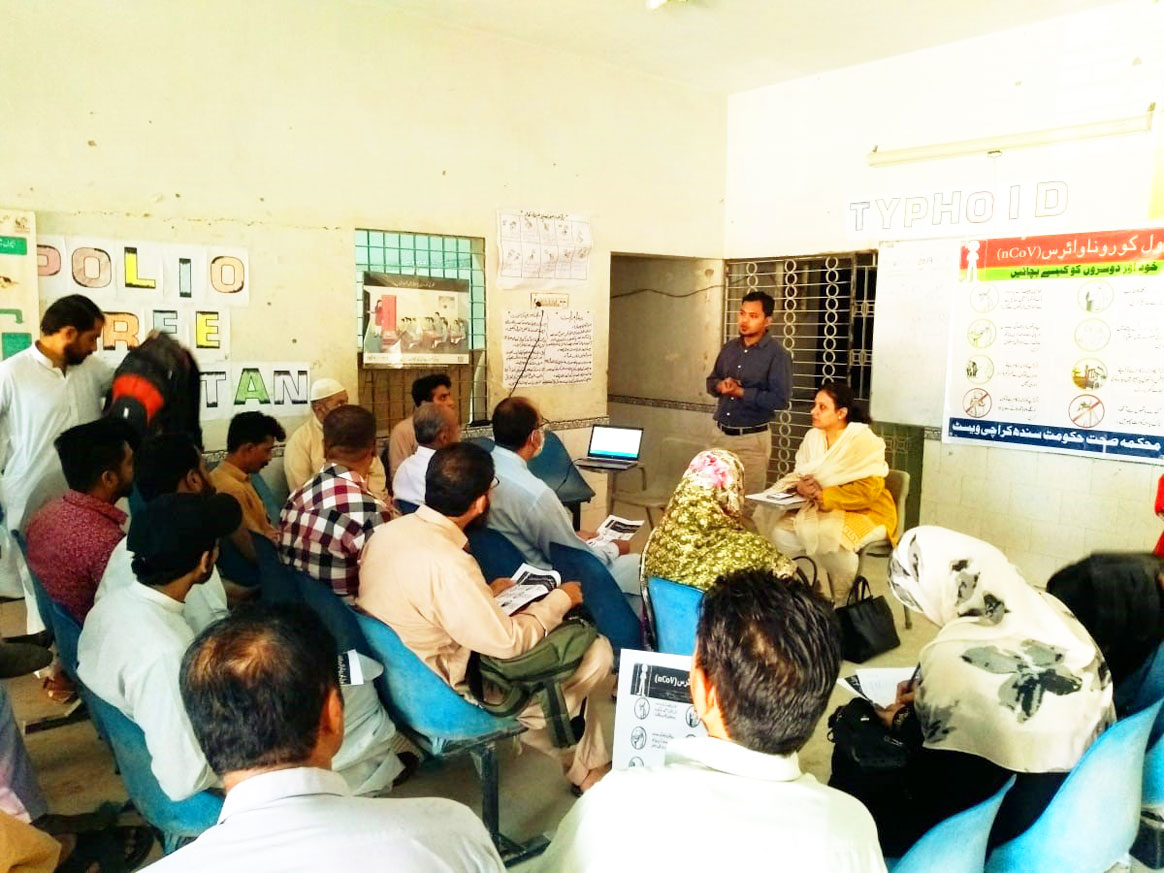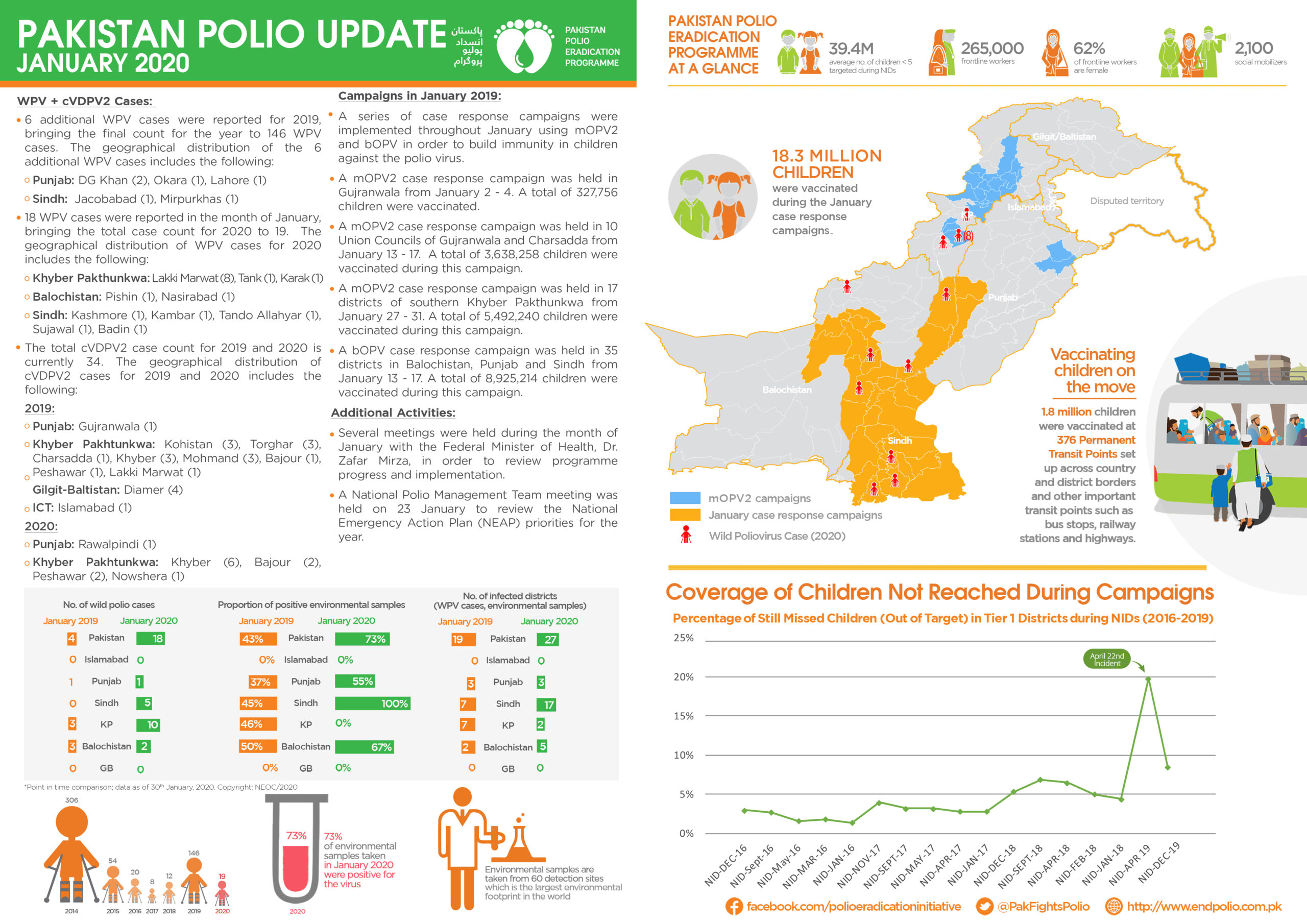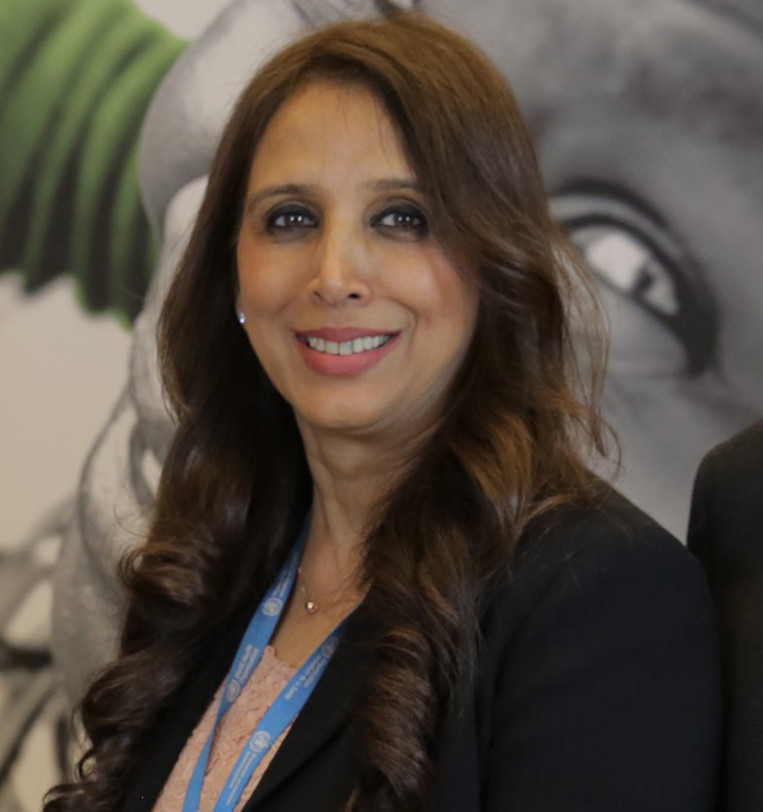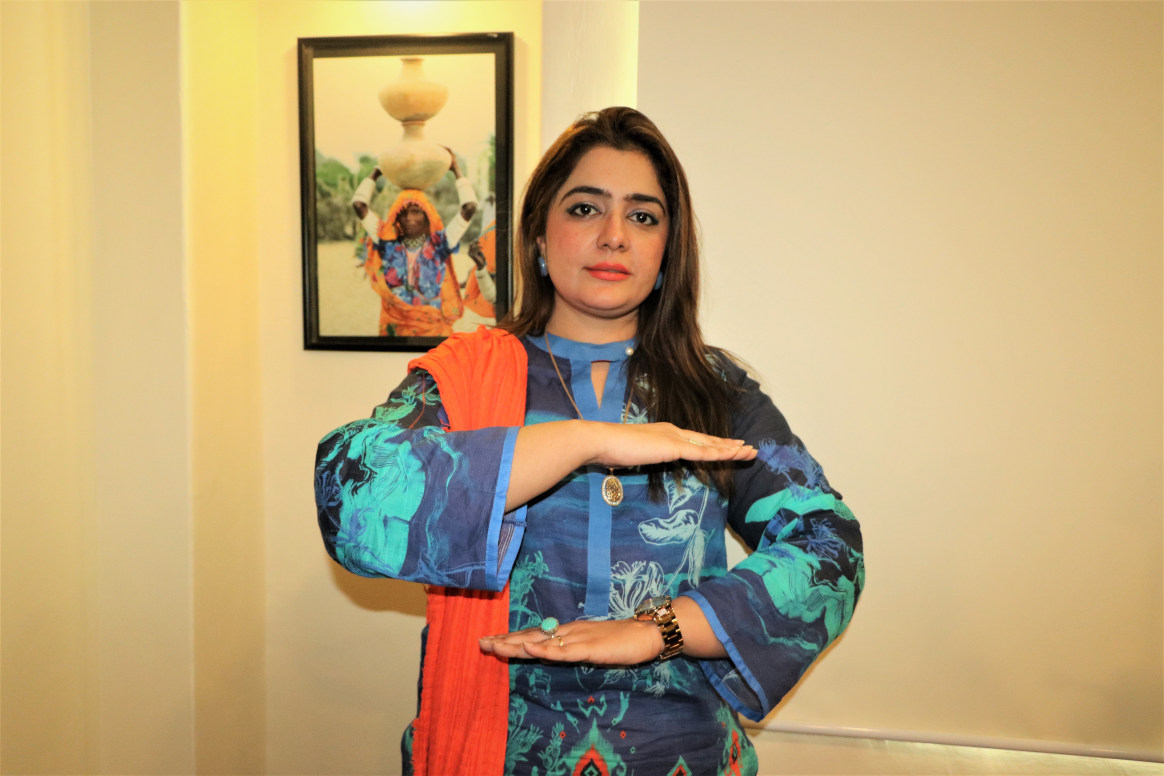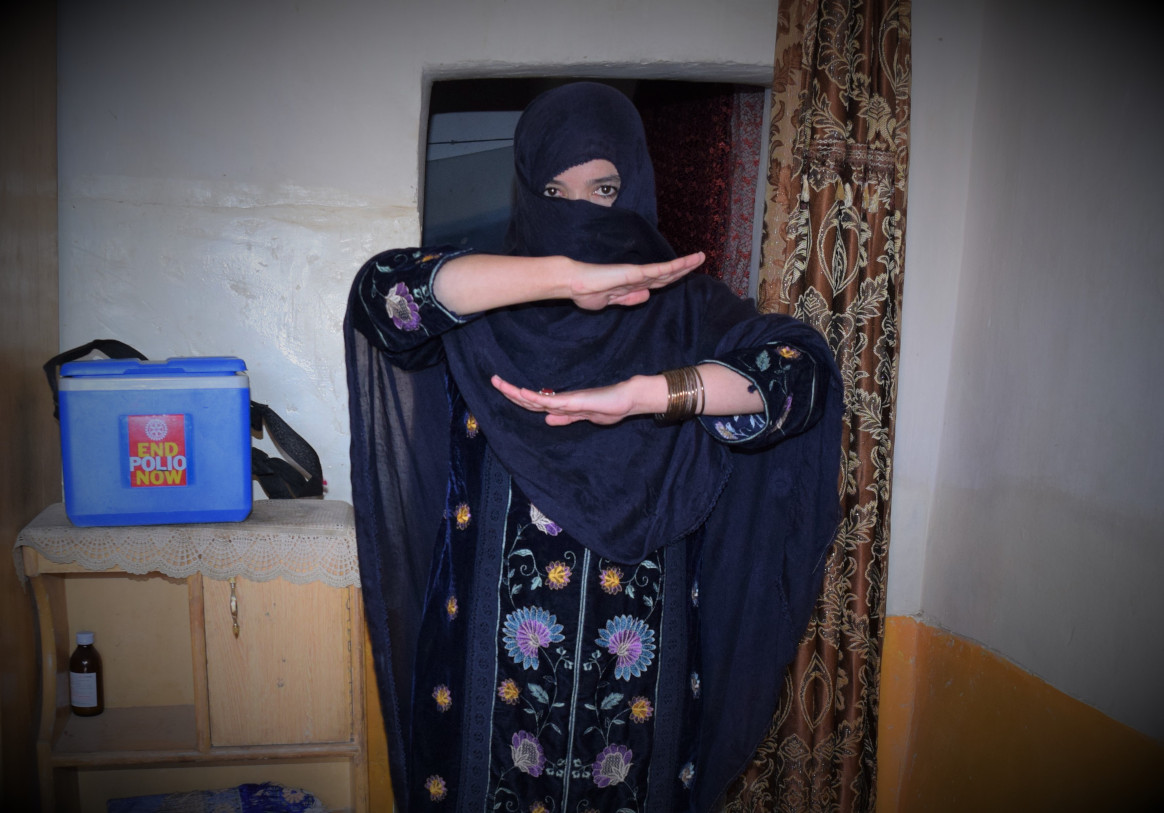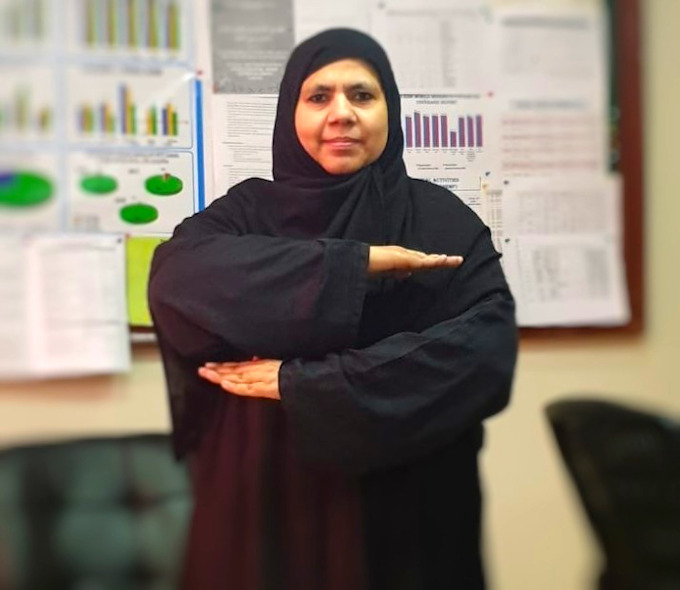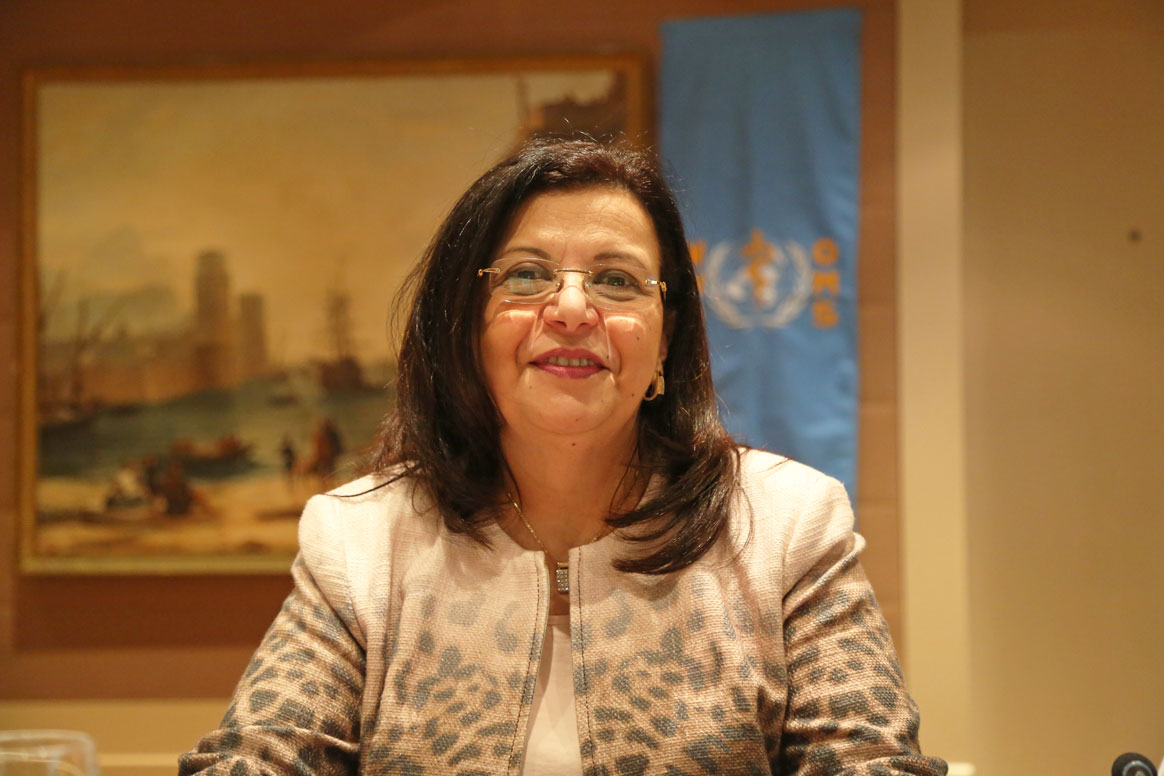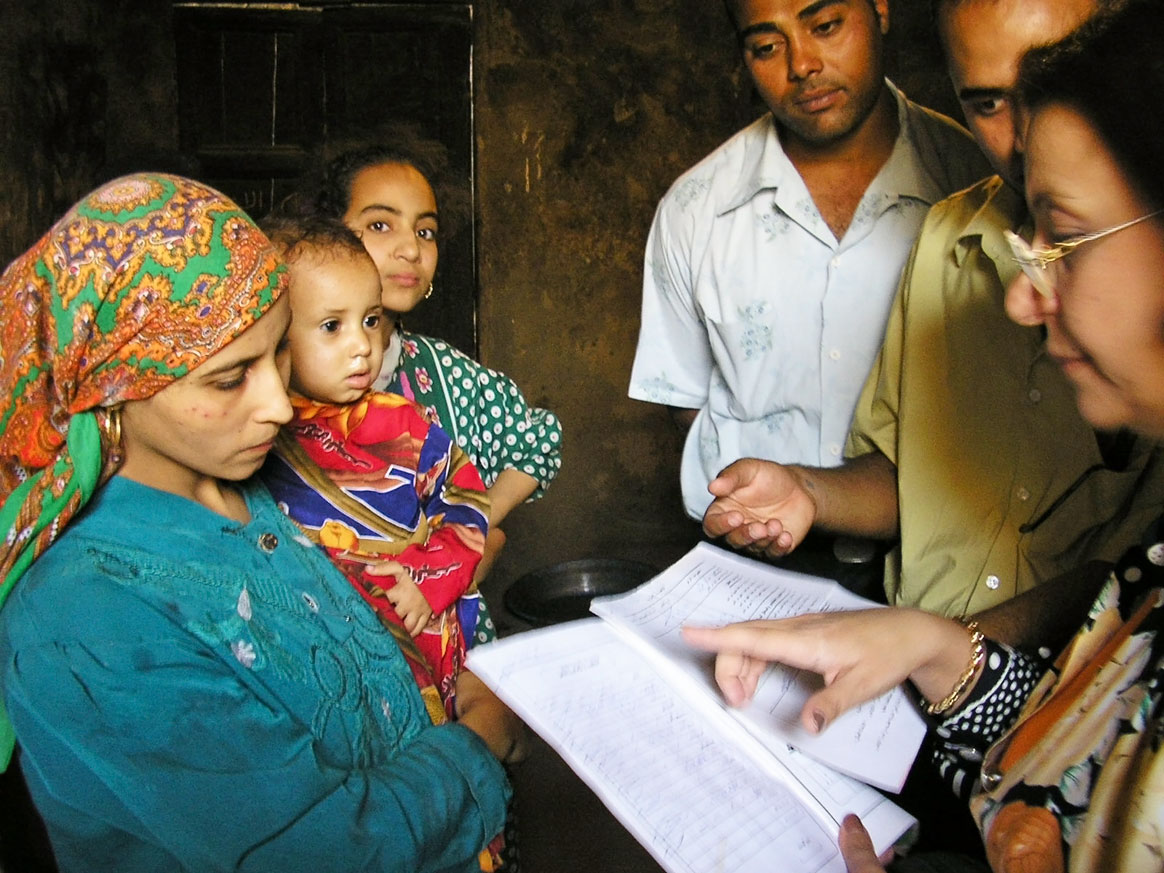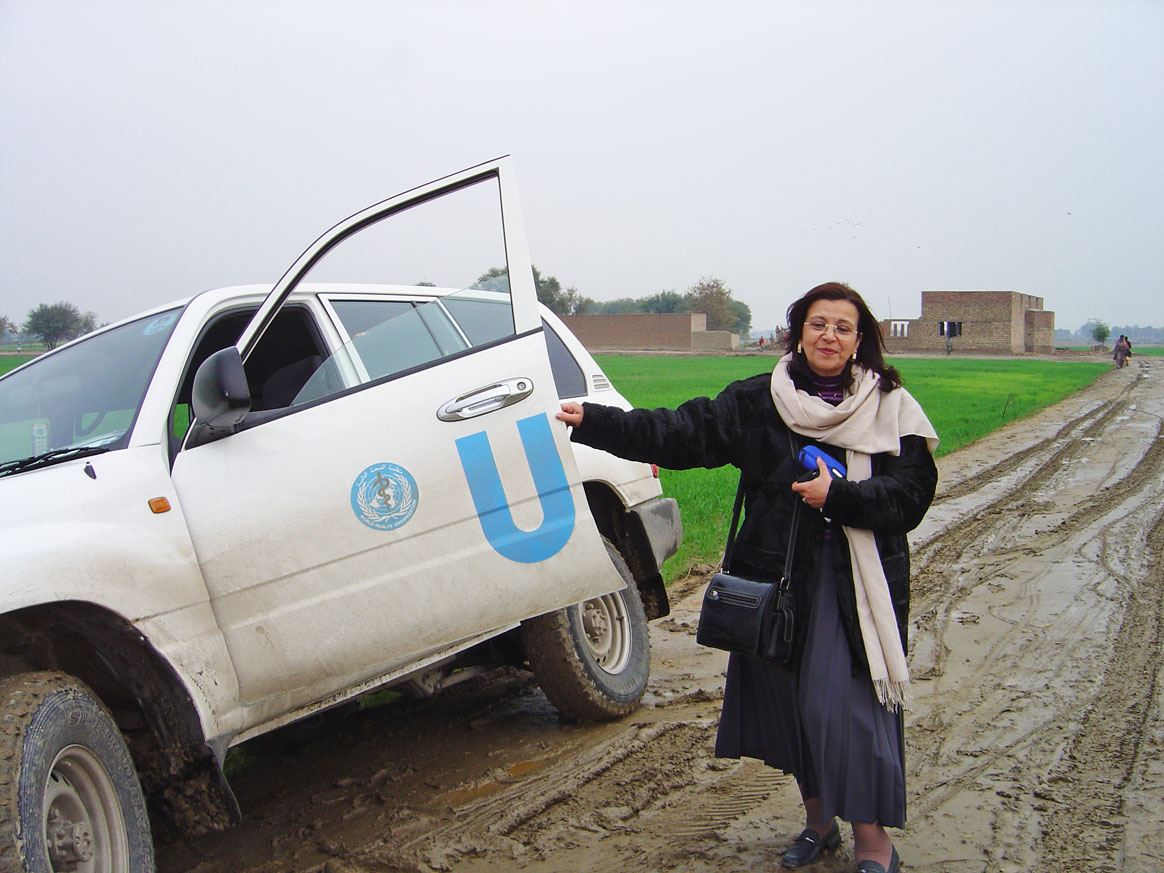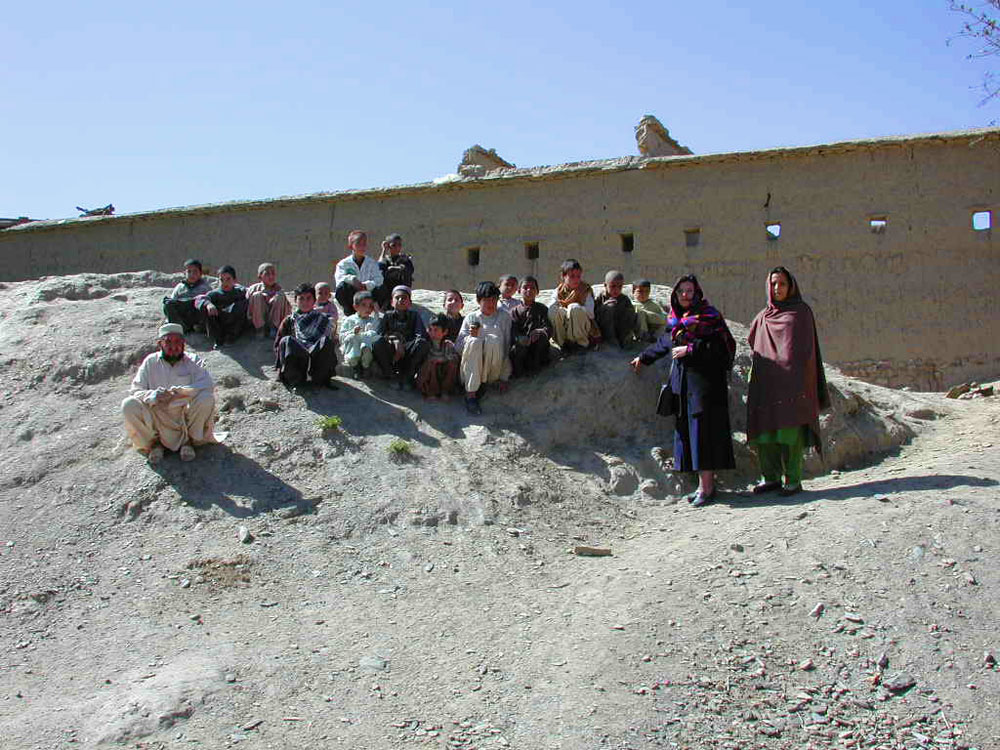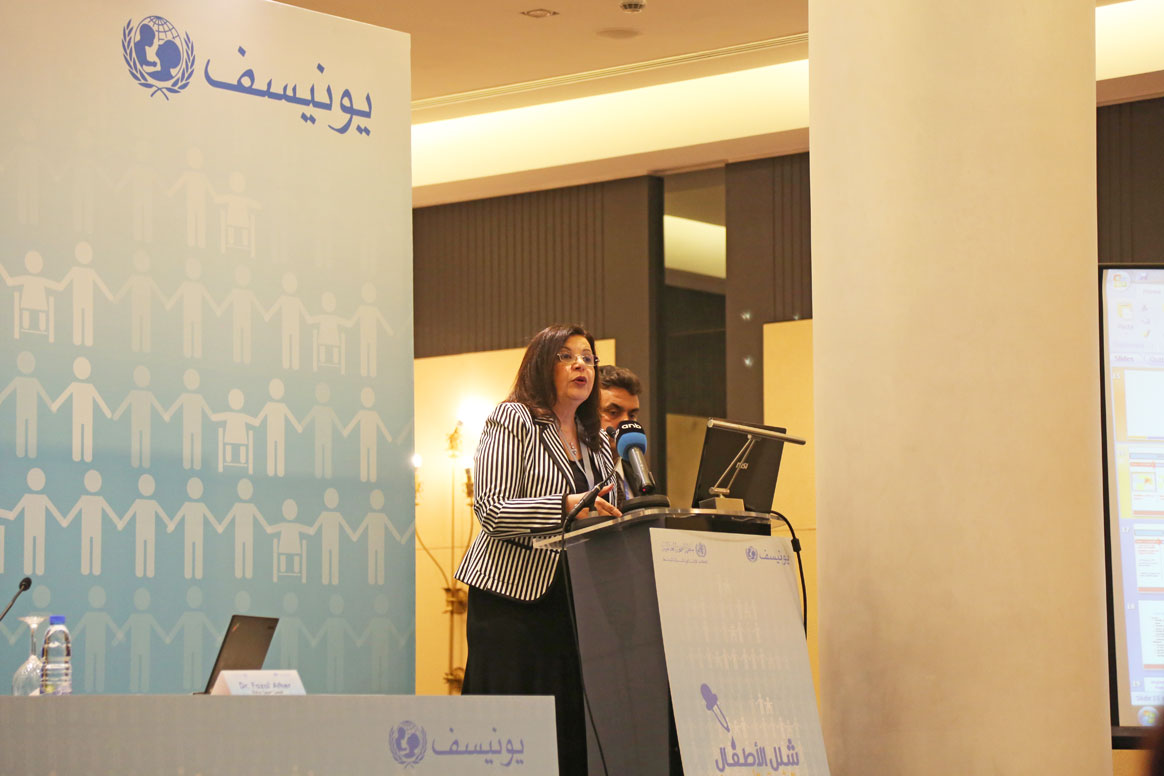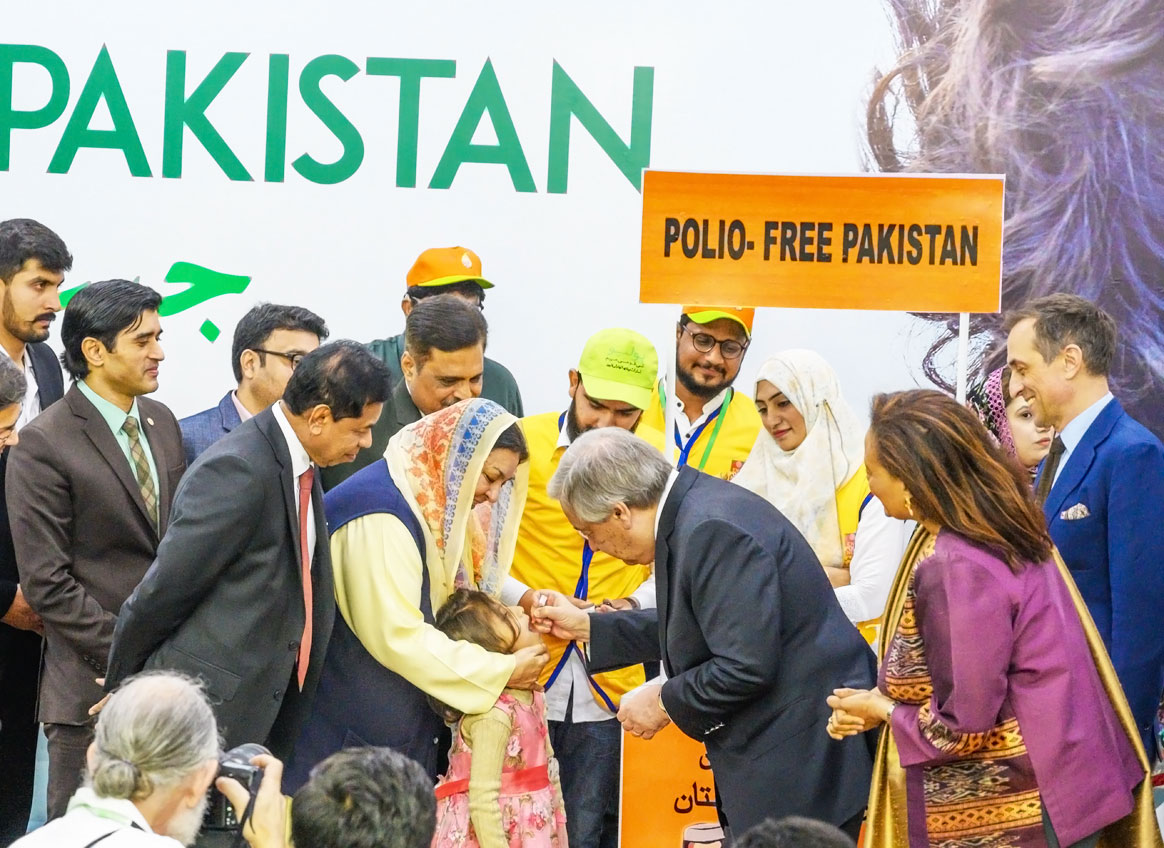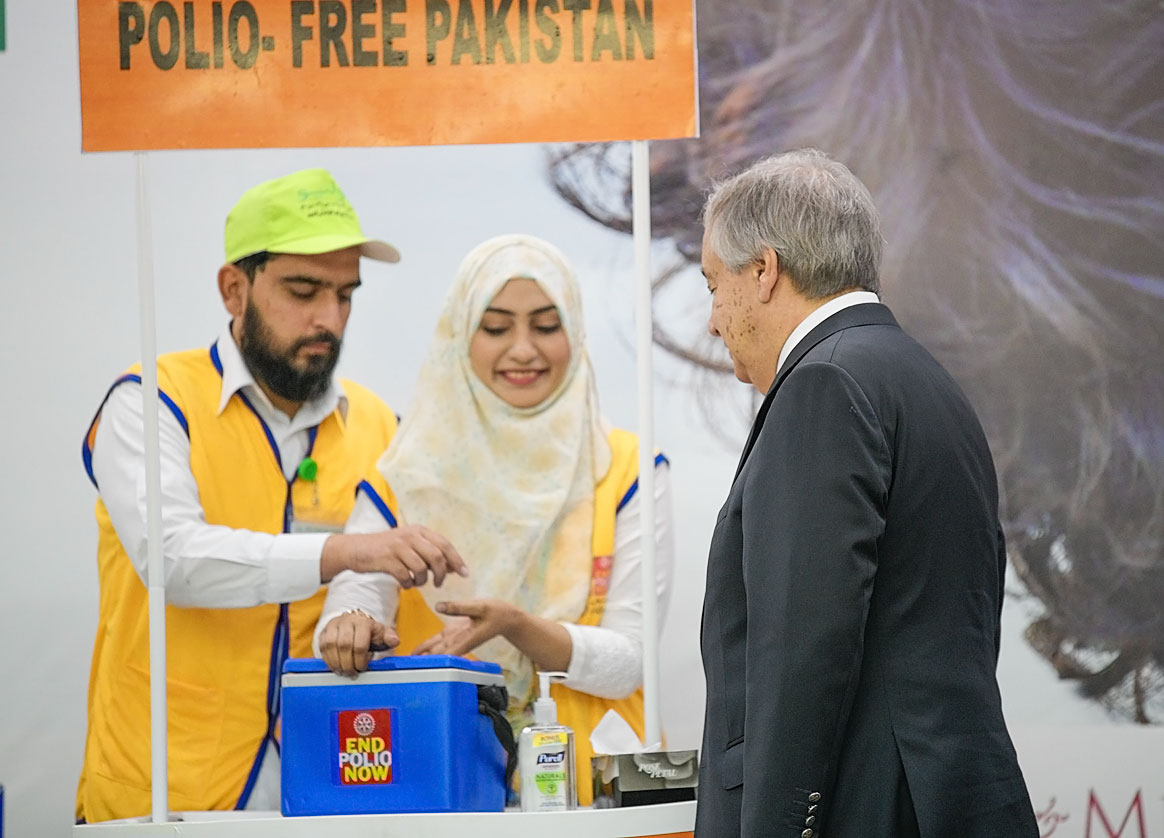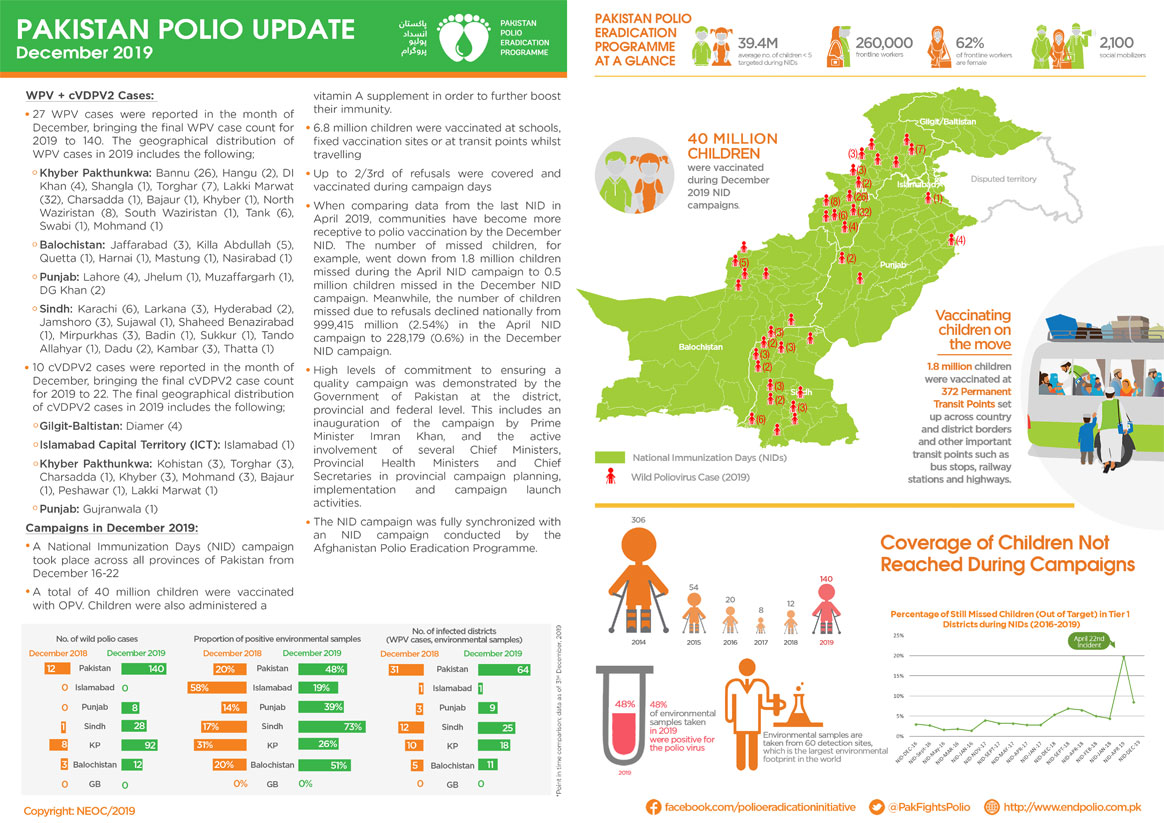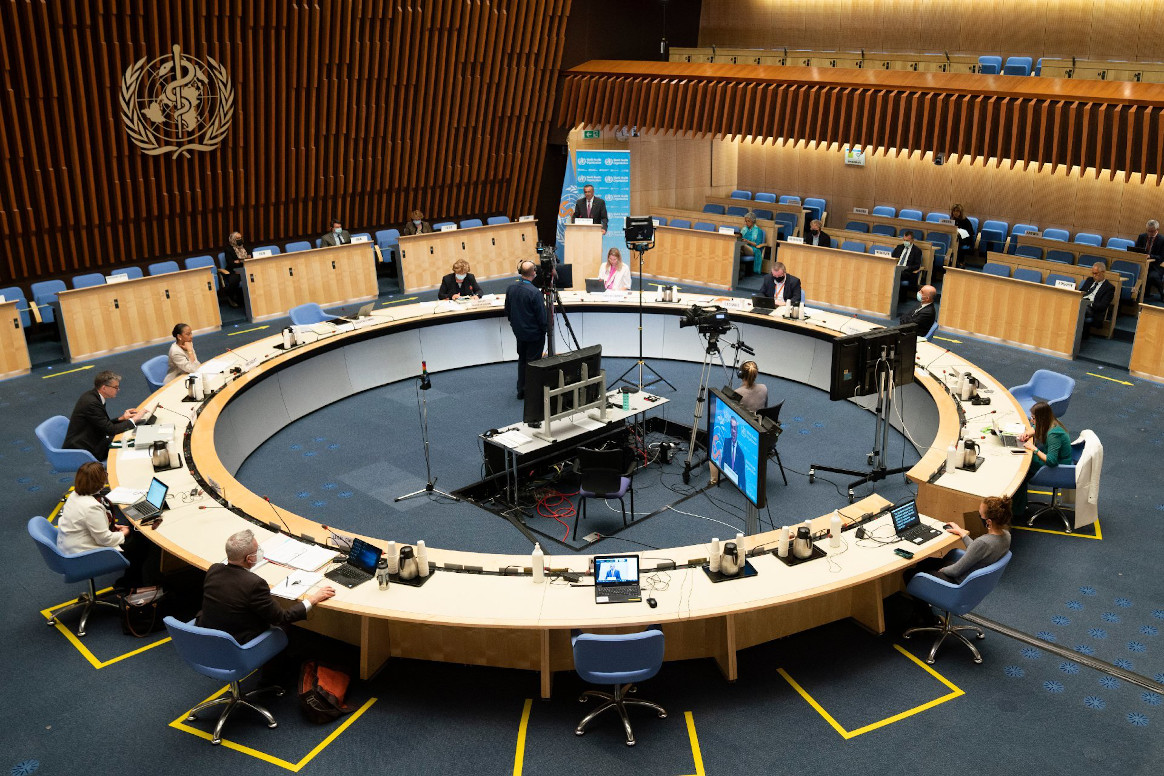
Meeting virtually this week at the 74th World Health Assembly (WHA), global health leaders and ministers of health noted the new Global Polio Eradication Initiative Strategic Plan 2022-2026 and highlighted the importance of collective action to achieve success.
Member States emphasised the urgency of implementation of the strategic plan and urged the WHO Secretariat and Member States to build on recent advances to keep surveillance high, ensure sustained, improved coverage in campaigns and respond rapidly to outbreaks. Several Members States welcomed the establishment of a new EMRO Ministerial Regional Subcommittee on Polio Eradication and Outbreaks, and roll-out of the novel oral polio vaccine type 2 (nOPV2) to more effectively and sustainably address outbreaks of circulating vaccine-derived polioviruses (cVDPVs). The Minister of Health of Egypt, Dr Hala Zaid, as a Co-Chair of the Regional Sub-Committee said: “The Regional Subcommittee offers a new, ministerial-level channel to galvanize political support, leverage funding, particularly domestic funding, and raise the profile of polio as a Public Health Emergency of International Concern. Its establishment reflects the firm commitment of the Eastern Mediterranean Region to do whatever it takes to stamp out poliovirus transmission and achieve eradication.”
Dr Ahmed Al-Mandhari, the Regional Director for the Eastern Mediterranean, addressed the delegates and noted a year of hard work across the Region. He emphasised the critical step of establishing the ministerial Sub-Committee to ensure more coordinated support for the remaining wild poliovirus-endemic and polio outbreak-affected countries in the Region. Speaking of the new vaccine, Dr Al-Mandhari said, “We are also at the dawn of what we hope will be a new era in responding to VDPV type-2 outbreaks, with an improved vaccine, the novel oral poliovirus type 2, approved for Emergency Use Listing and soon to be used in the Region.”
Member States noted support for local community, progress on closing outbreaks and welcomed efforts to unite with other initiatives to close gaps in immunization. The WHA paid tribute to female frontline workers and highlighted their role in building community relationships. Amid the new COVID-19 reality, the WHA also expressed deep appreciation for the GPEI’s ongoing support to COVID-19 response. WHO’s Deputy Director-General, Dr Zsuzsanna Jakab, highlighted the value of the polio infrastructure in addressing public health emergences, noting that the polio network has been the first in line of defence for COVID-19 response in many countries, and now providing valuable support to the rollout of Covid-19 vaccines. “It is our chance to retain the polio knowledge and expertise to build back stronger and more robust health systems. If we don’t act now, we will lose this enormous opportunity,” said Dr Jakab.
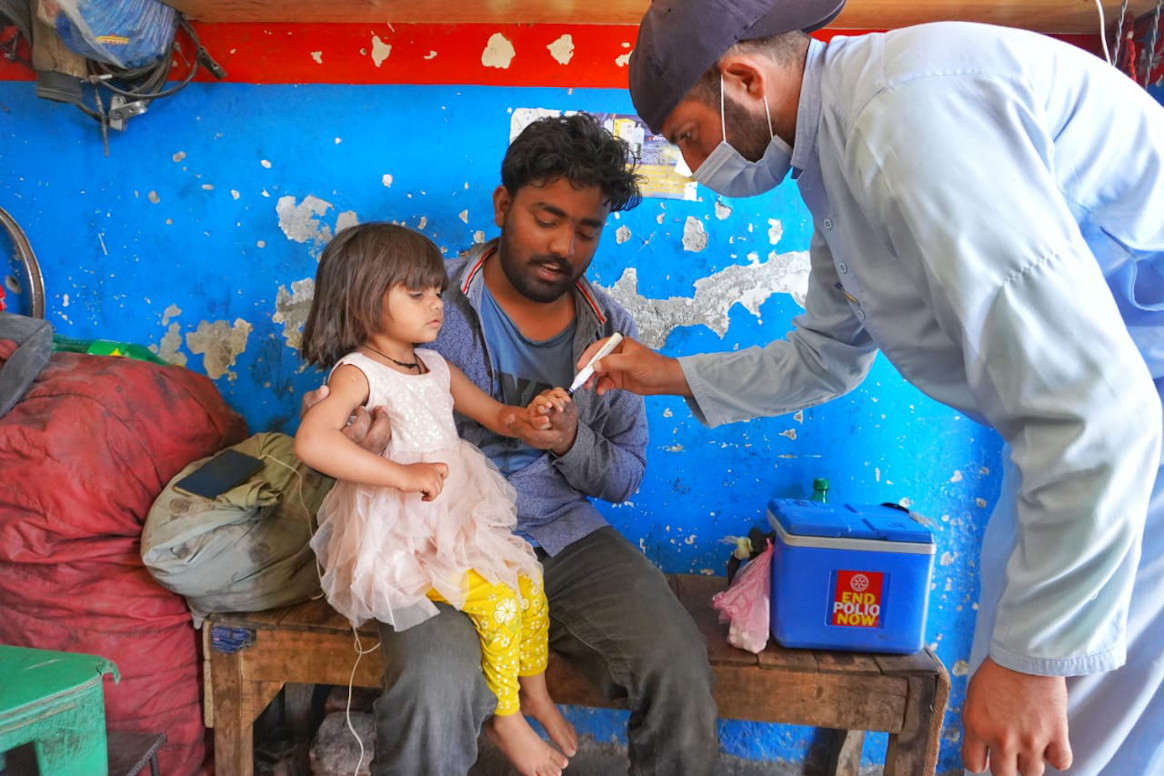
The Regional Director for the African Region, Dr Matshidiso Moeti, thanked African countries and partners for rapidly restarting and innovating to deliver polio activities after a pause during the COVID-19 pandemic, especially following the successful certification of eradication of wild polioviruses last year in the region. Integrating polio functions into other programmes will be critical to maximising the gains against this disease, she said, and to leveraging the wealth of expertise and experience that has been built.
Rotary International welcomed the new strategy and its priority on integration and extended collaboration with partners, as well as its focus on gender equality. Gavi, the Vaccine Alliance, highlighted the new strategy’s alignment with the Immunization Agenda 2030 and Gavi’s new 5-year strategy, and shared importance of reaching 0-dose children and missed communities with comprehensive and equitable immunization services.
Aidan O’Leary, WHO Director for Polio Eradication, addressed delegates, saying: “Wild poliovirus transmission is restricted to Afghanistan and Pakistan, and while we have seen a sharp decrease in incidence this year, this is no time for complacency. Gaining and sustaining access to all children in Afghanistan and increasing coverage of missed children in core reservoir areas of Pakistan remain the key challenges, and we must all work together to overcome these to achieve and sustain zero cases. At the same time, we must continue to respond to cVDPV2s. The solutions focus not just on the new nOPV2, but also more timely detection, more timely and higher quality outbreak response and strengthening essential immunization services in zero-dose communities and children, aligned with the IA2030 agenda. The new strategy addresses the broader needs of communities through expanded integration and partnership efforts along six distinct workstreams. Implementation will be strengthened through a more systematic approach to performance, risk management and accountability at all levels.”
The new strategy – Delivering on a Promise – will be officially launched at a virtual event on 10 June 2021. Details about the event are available here.

